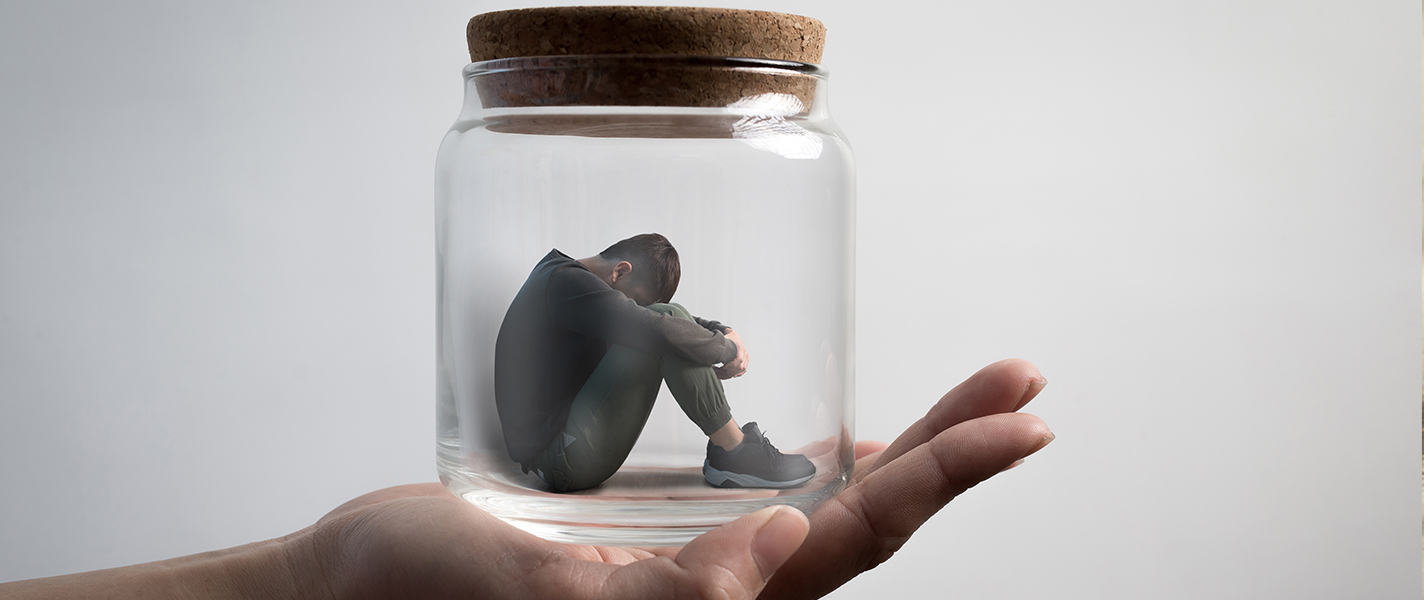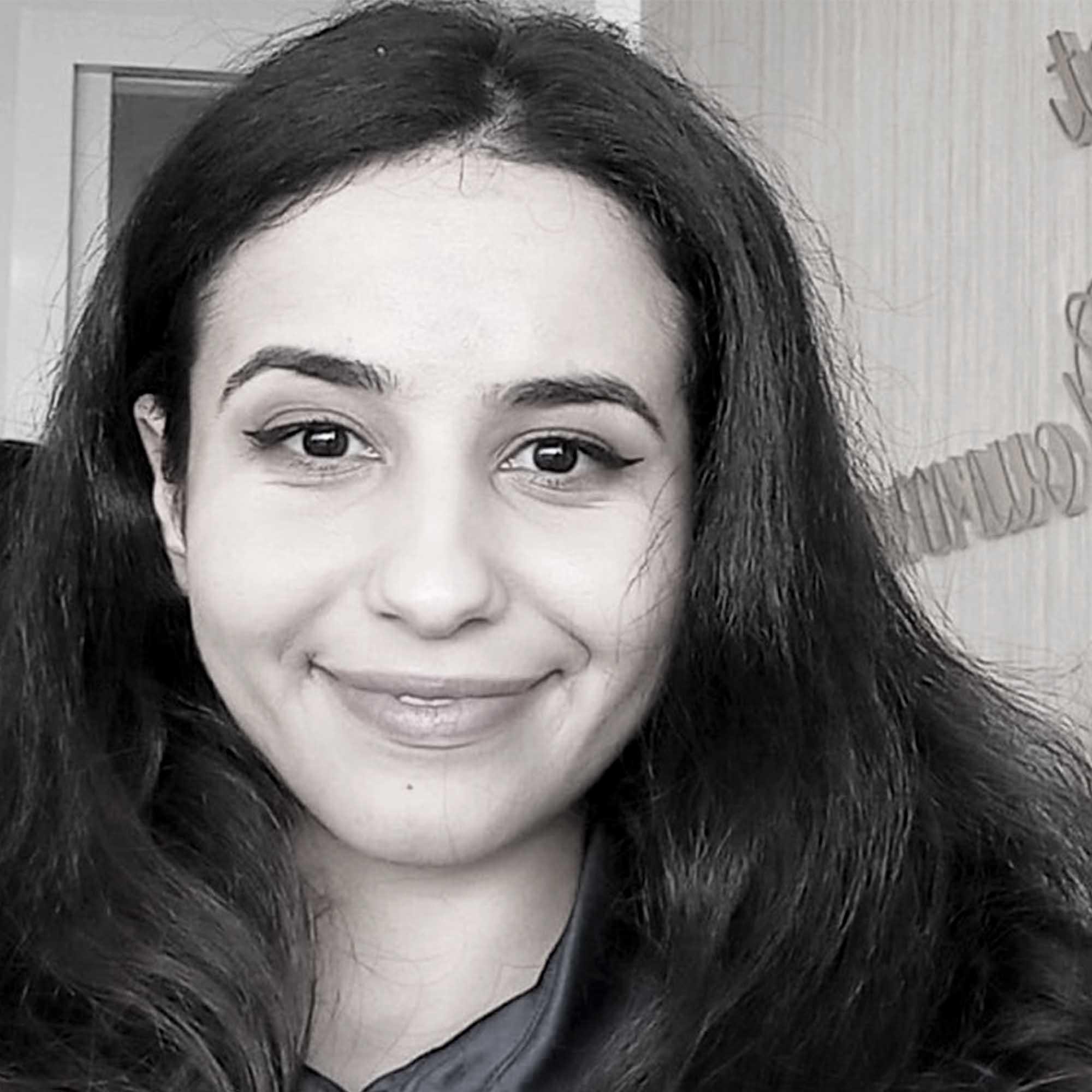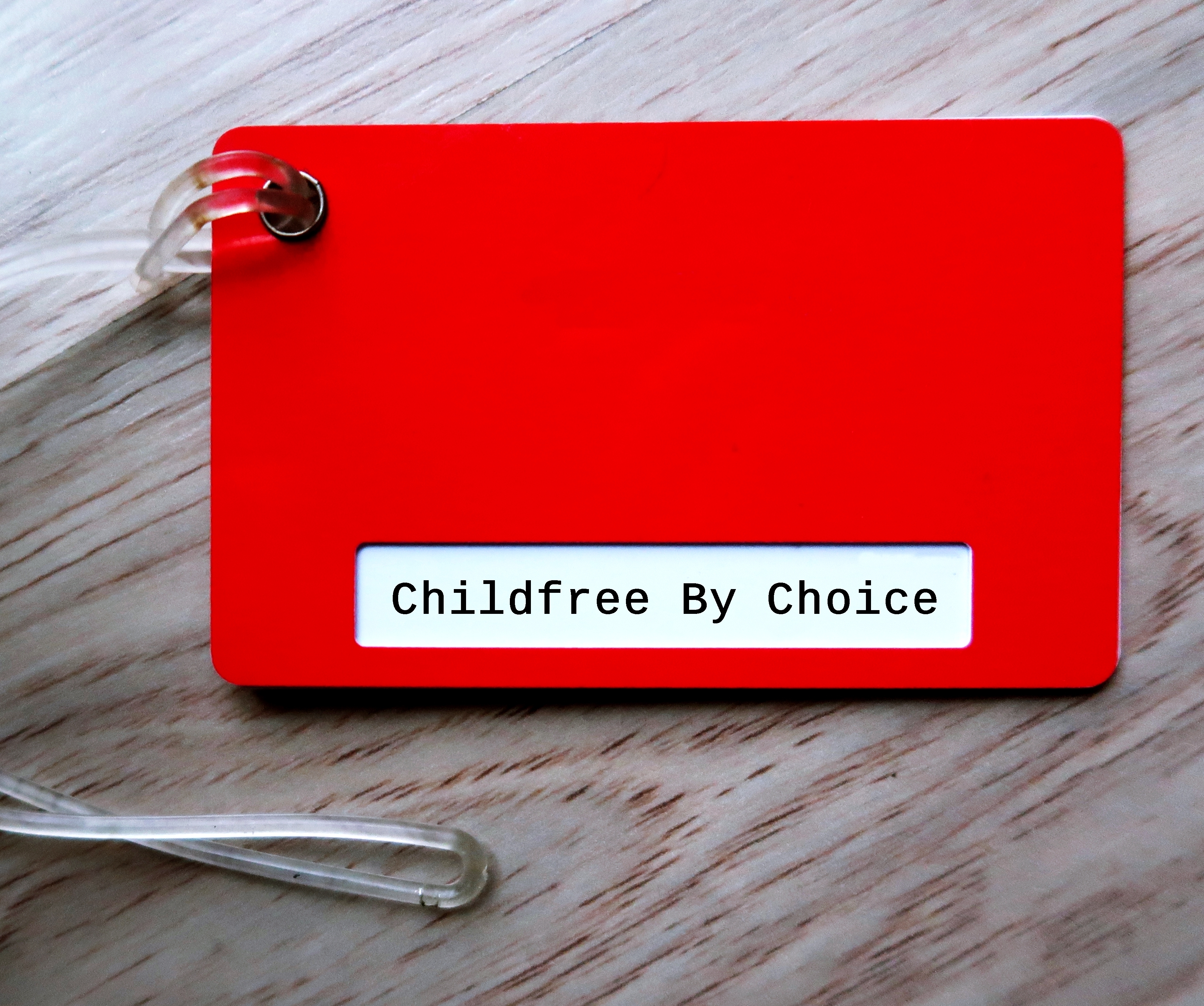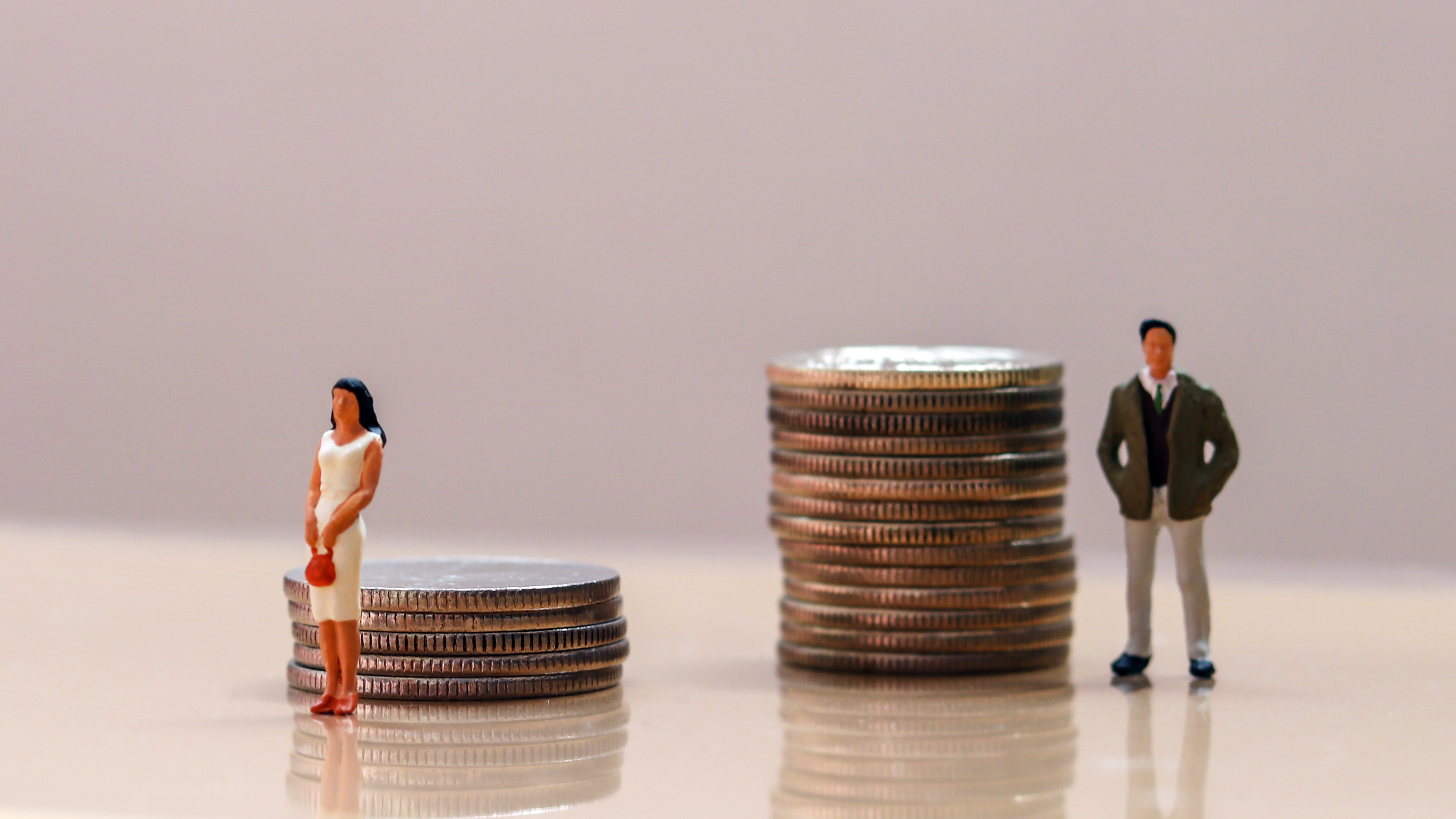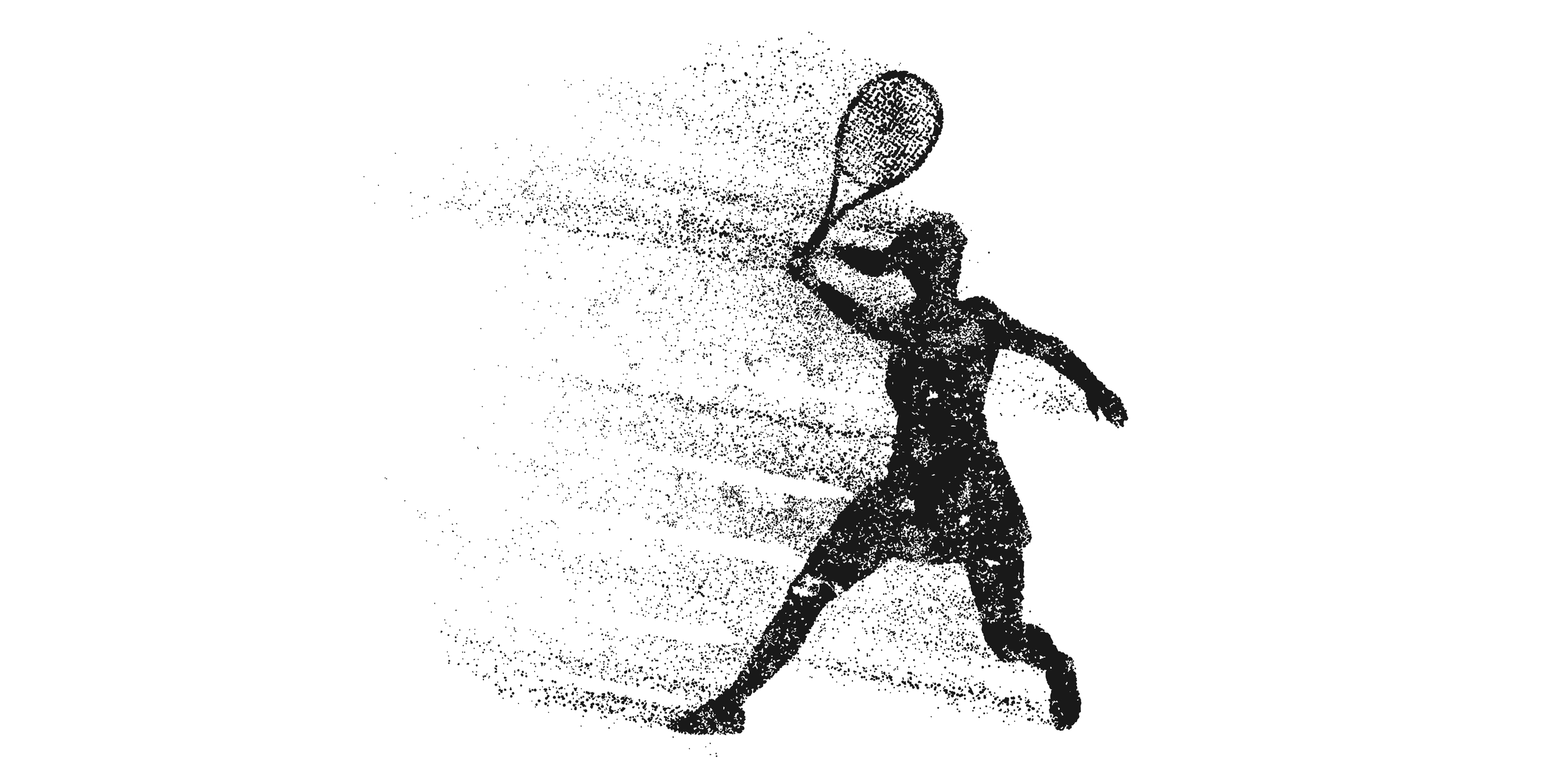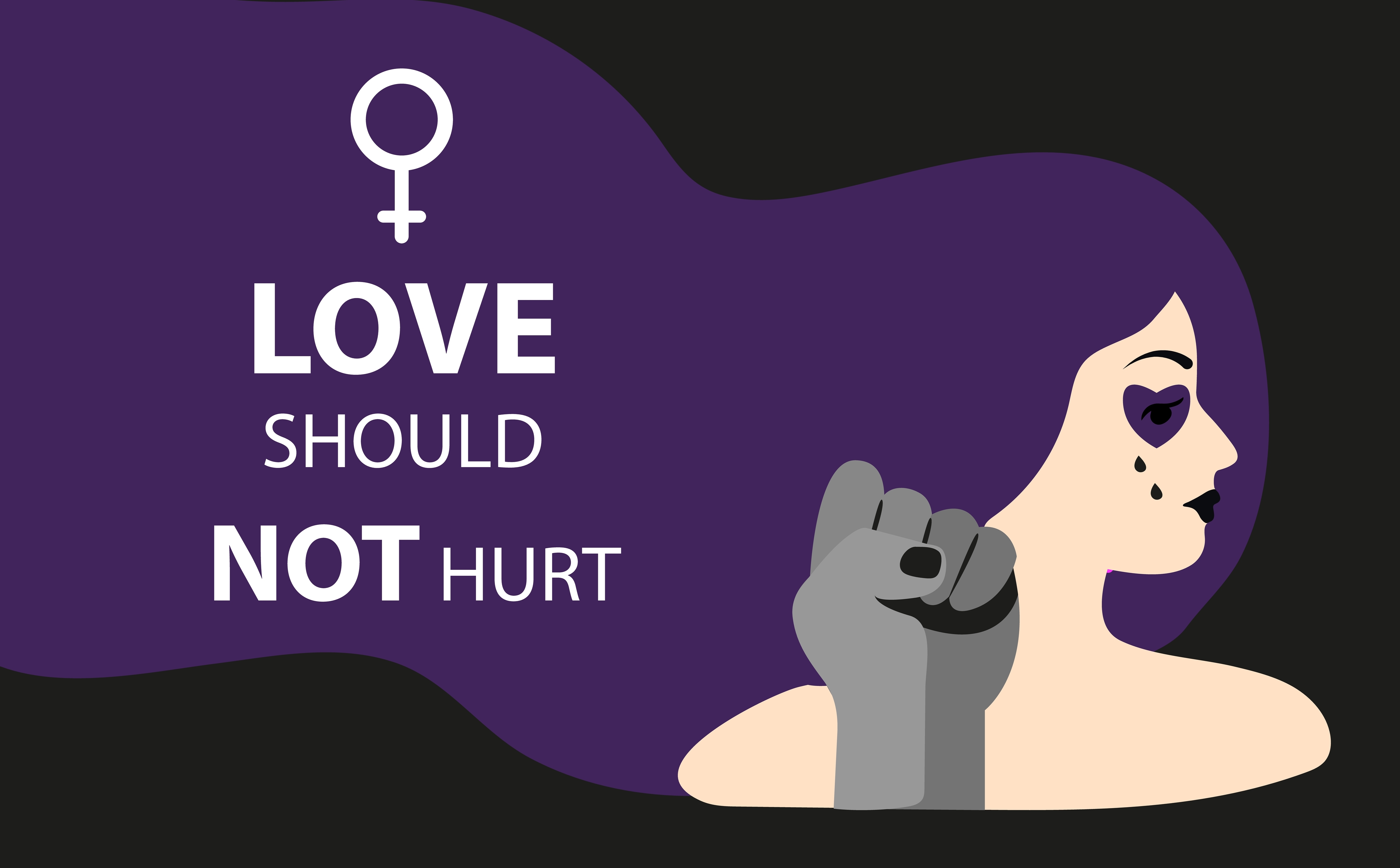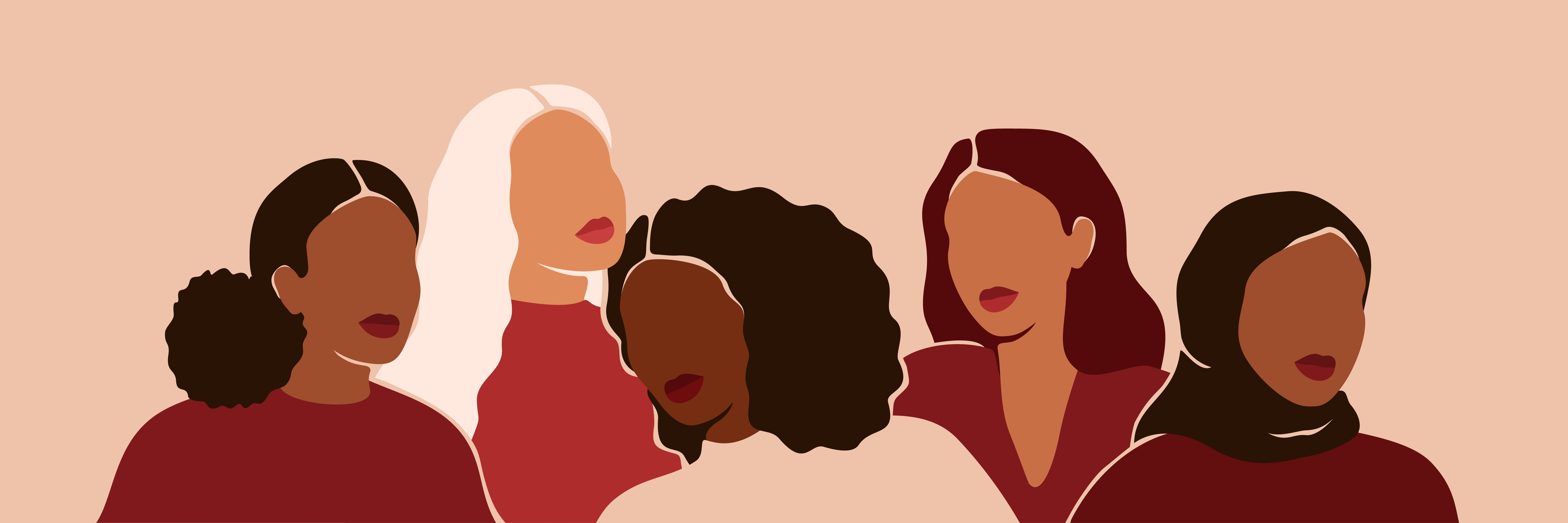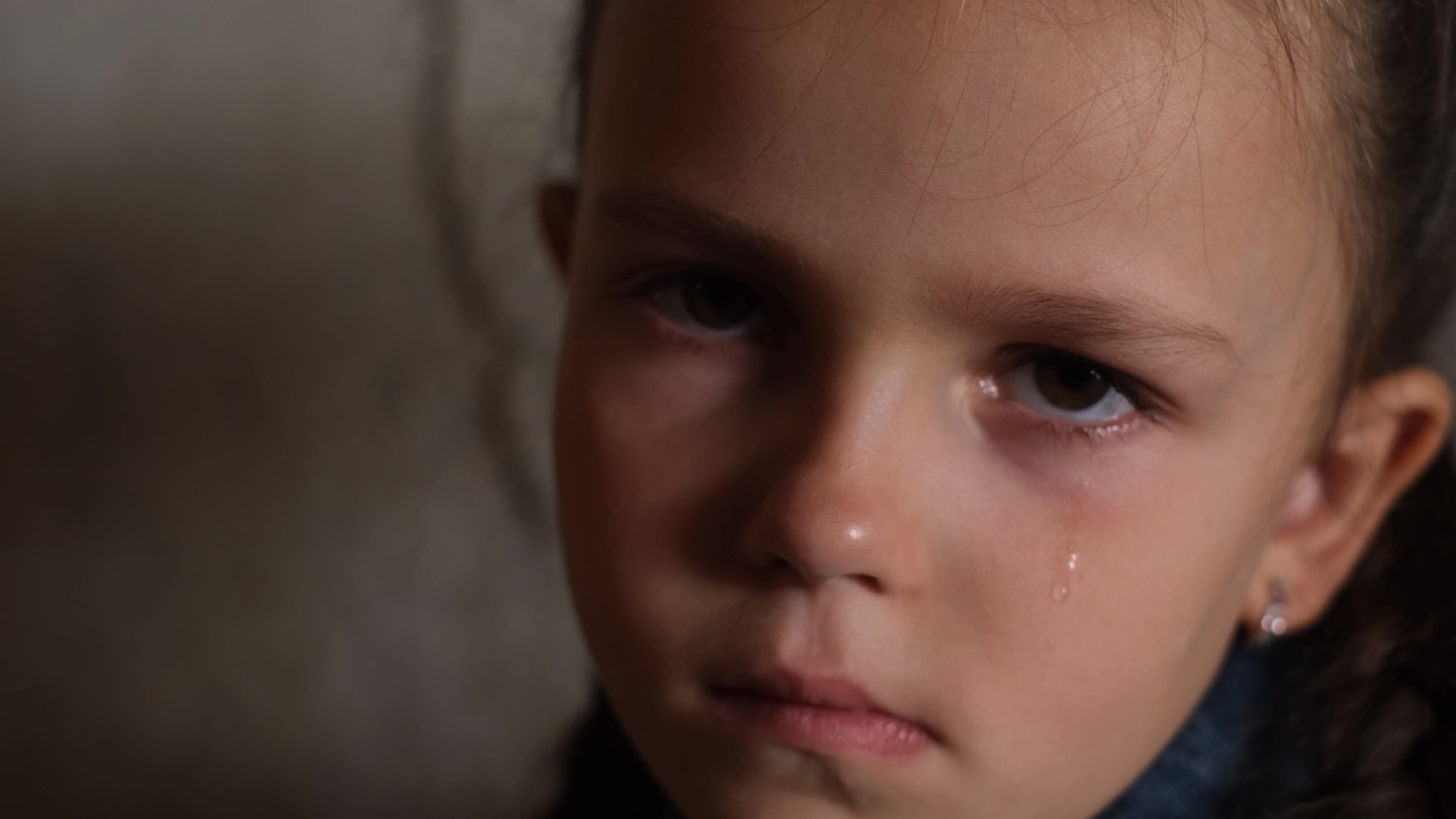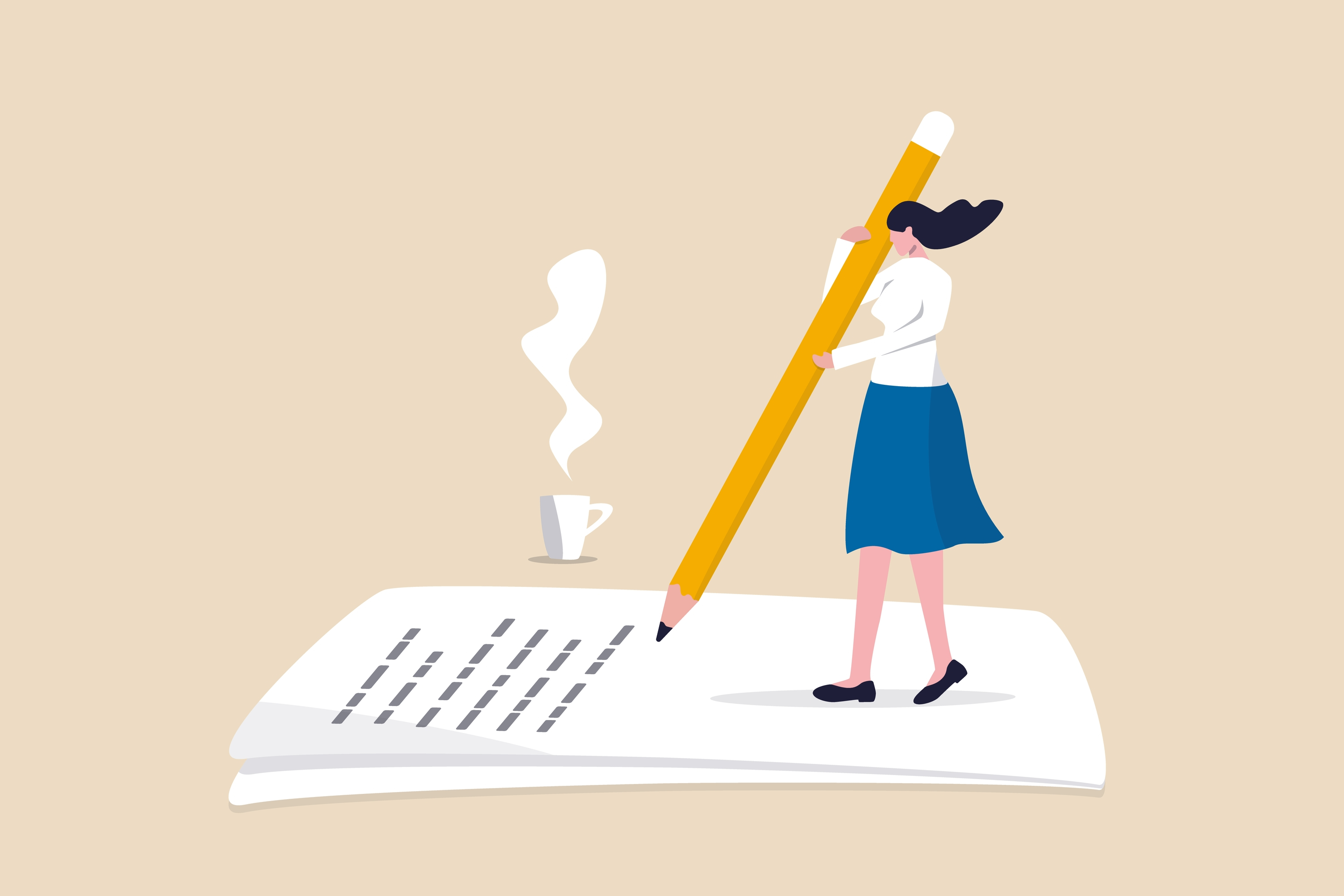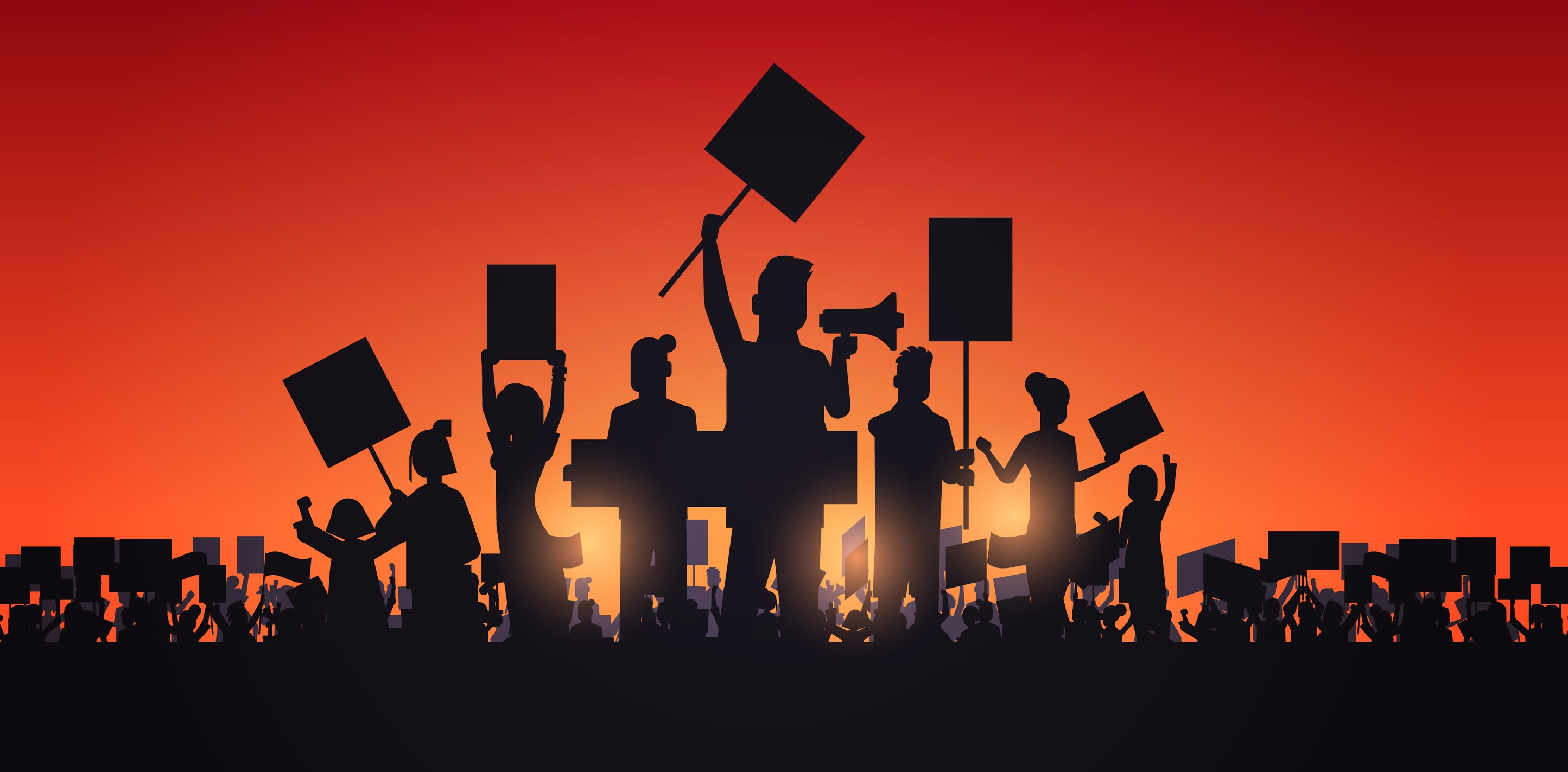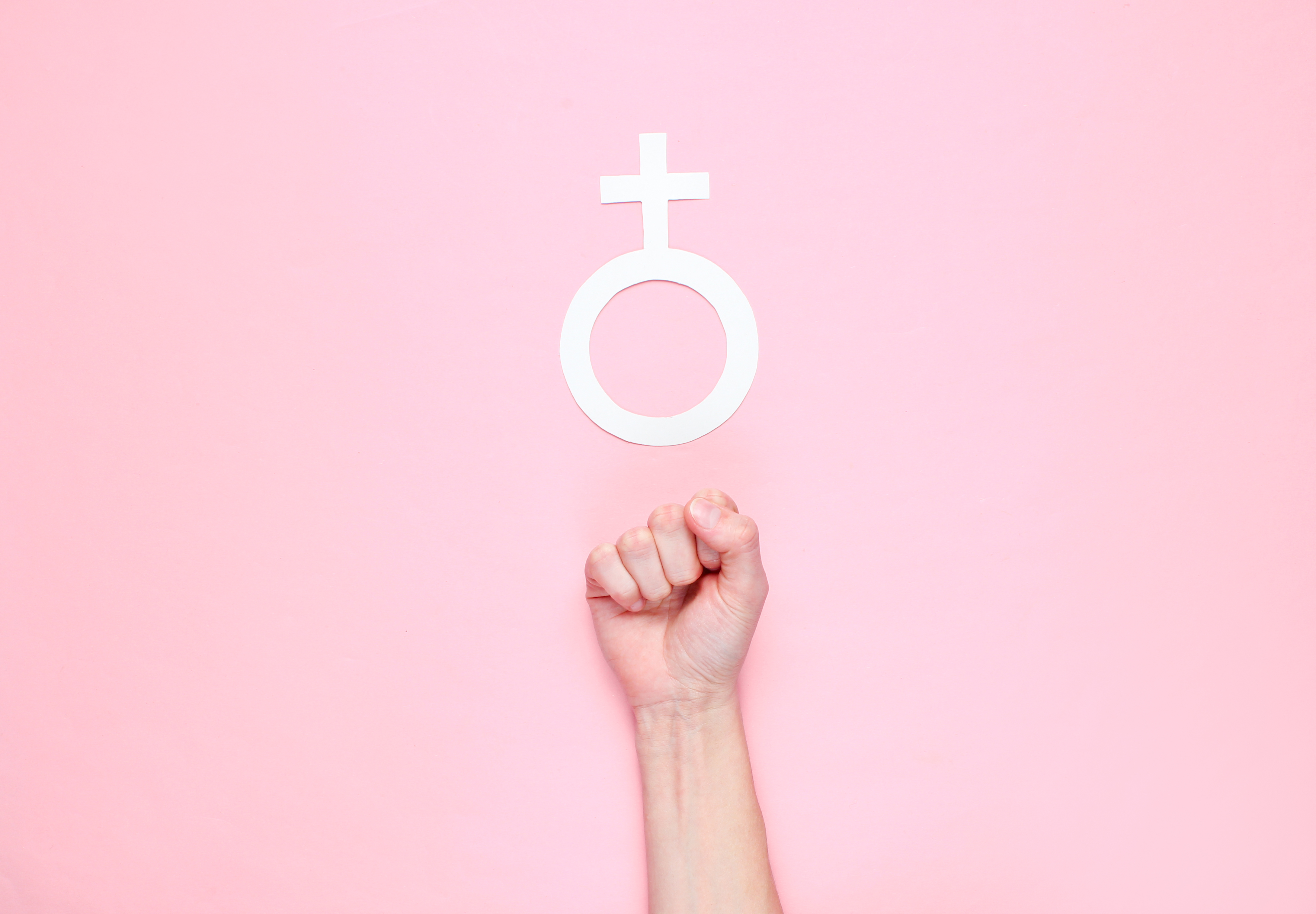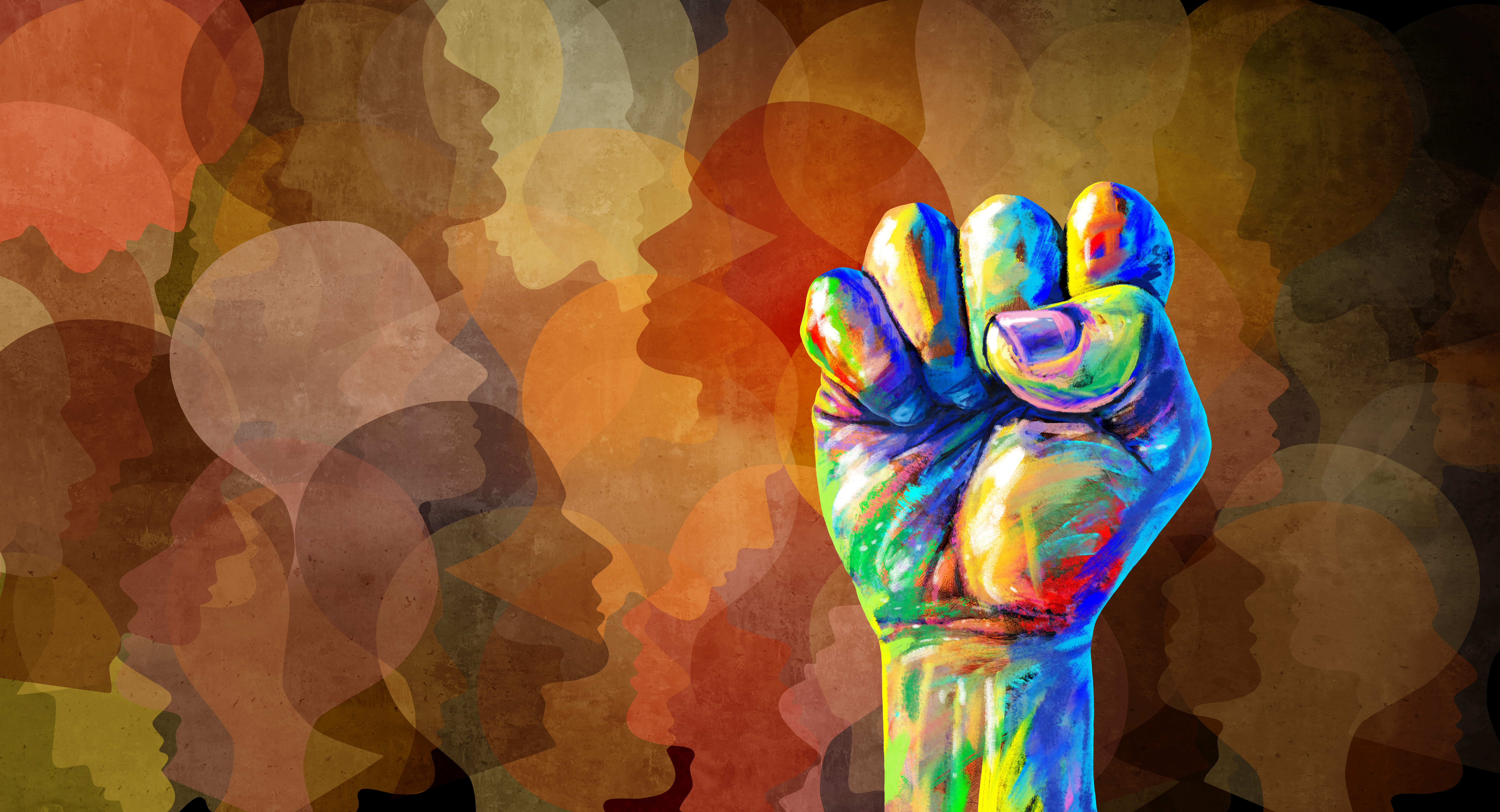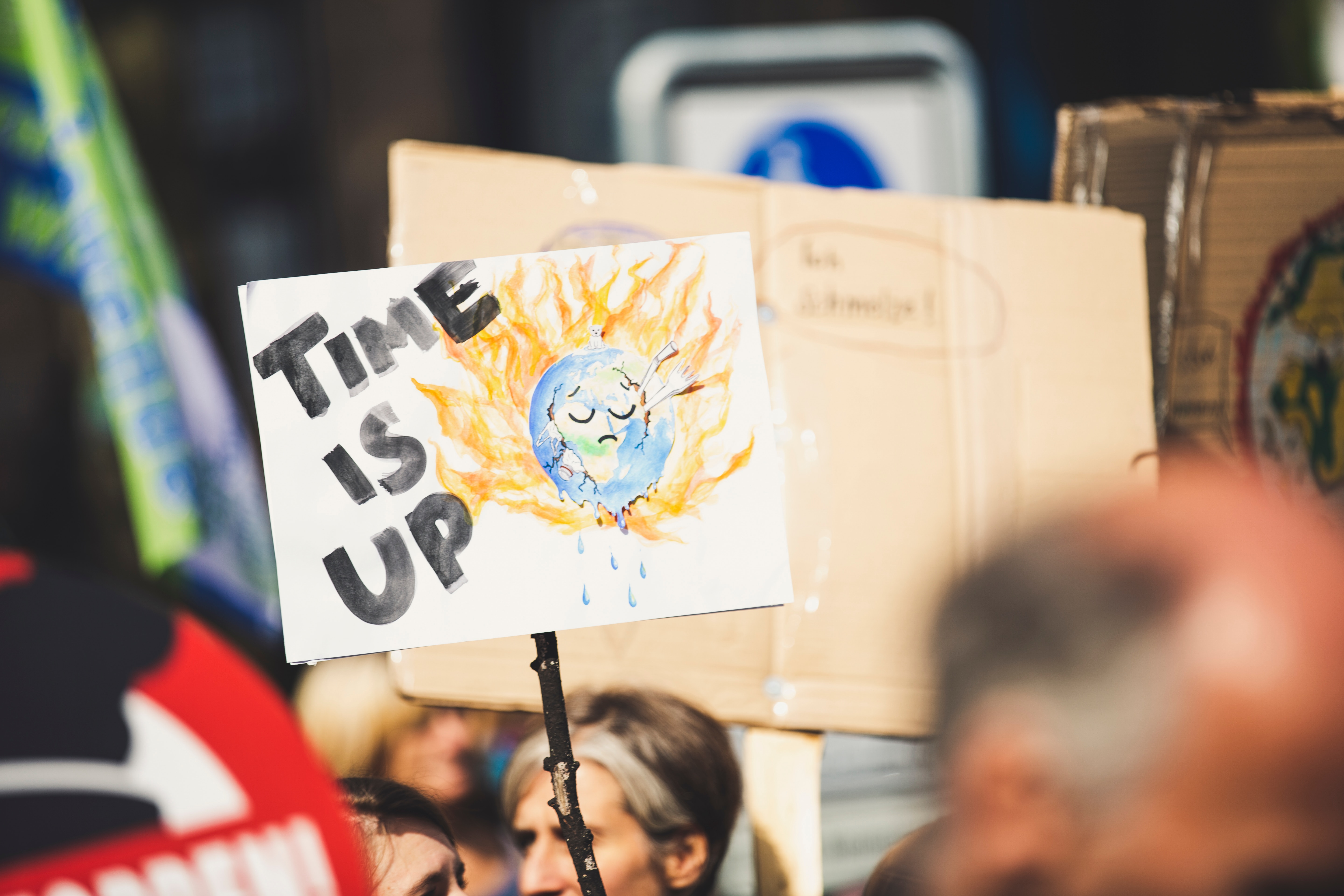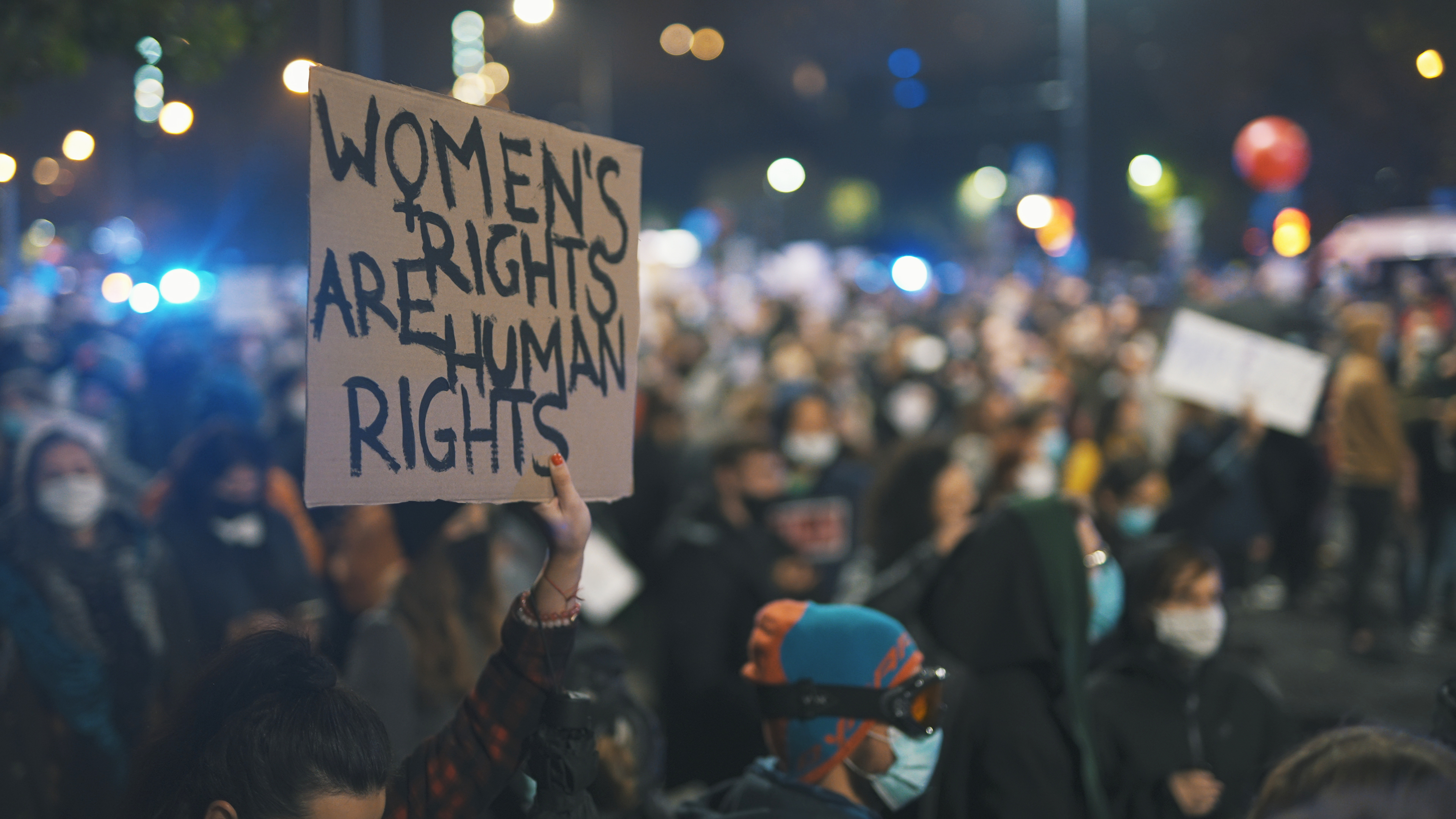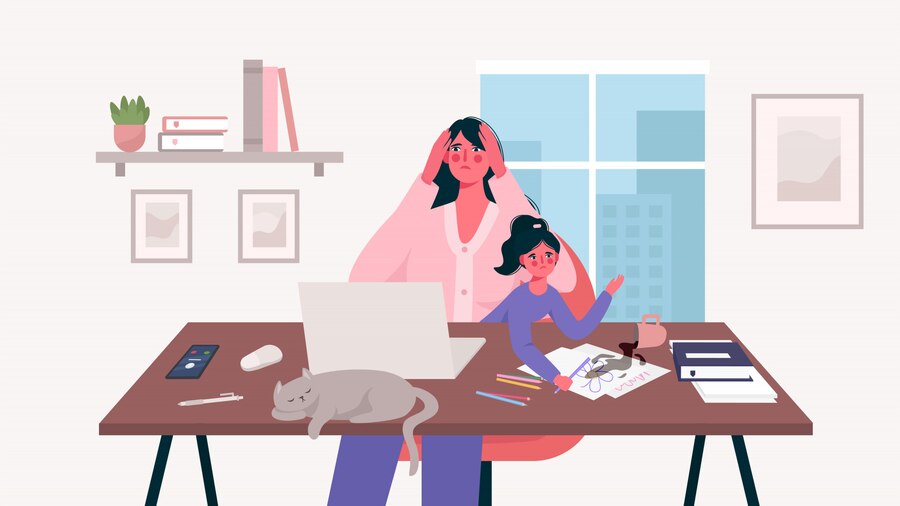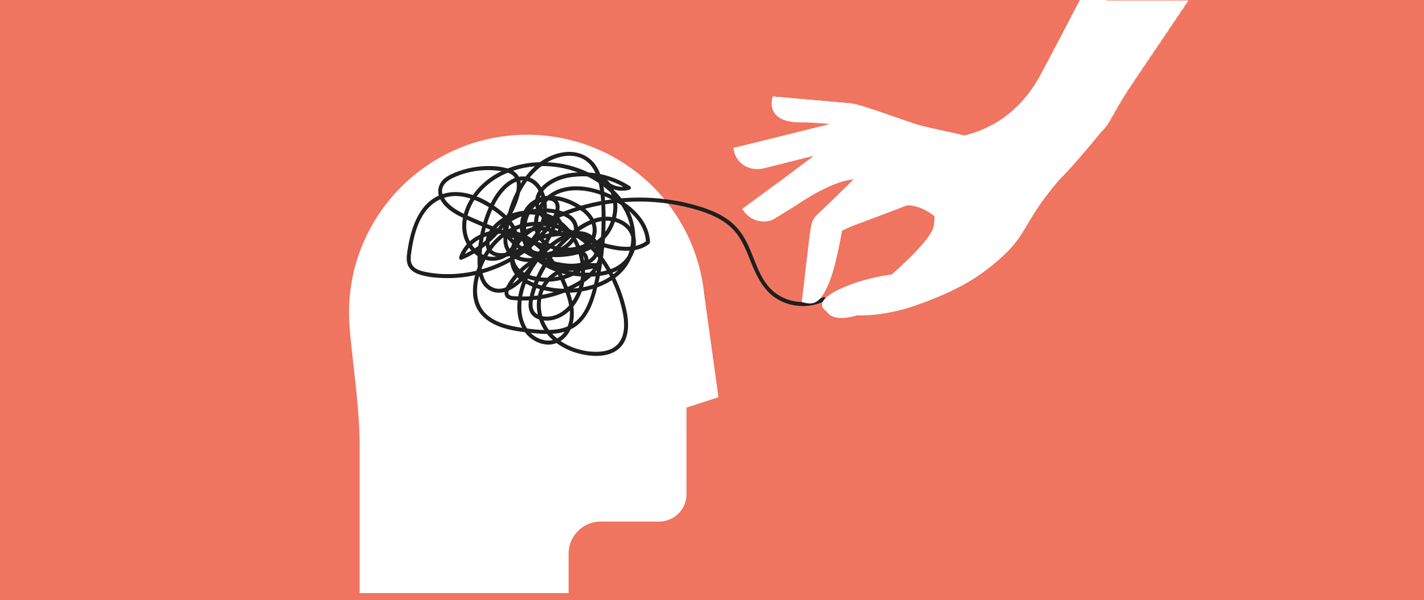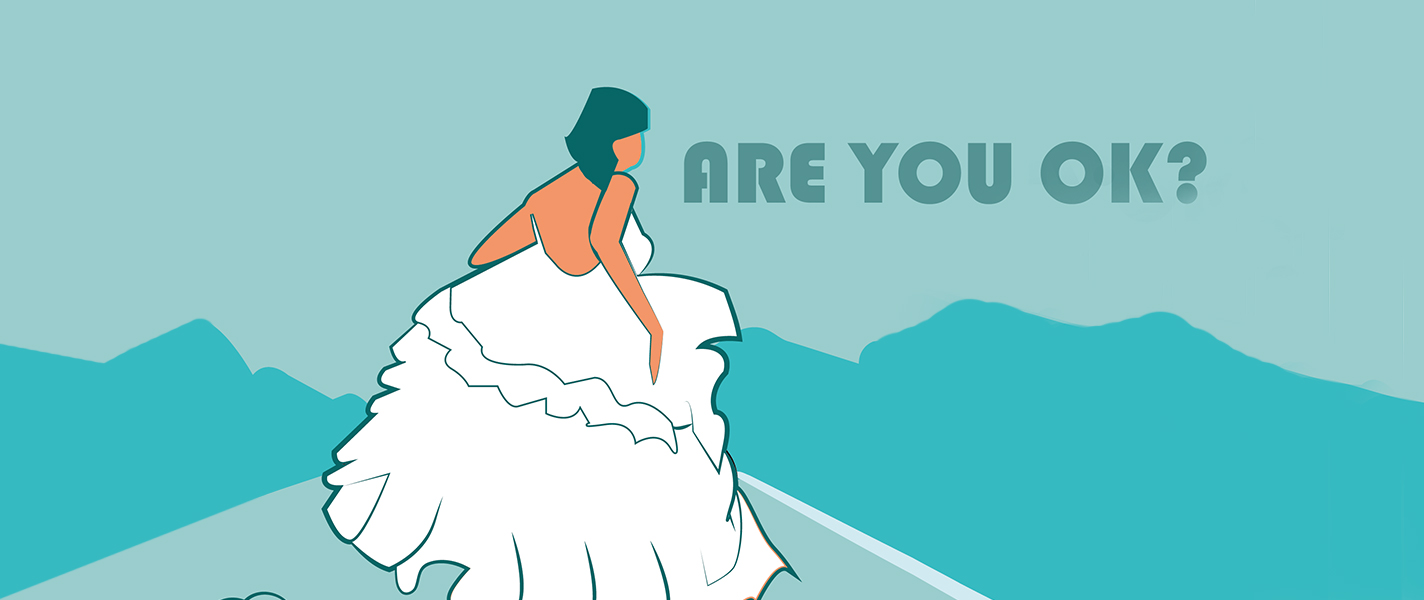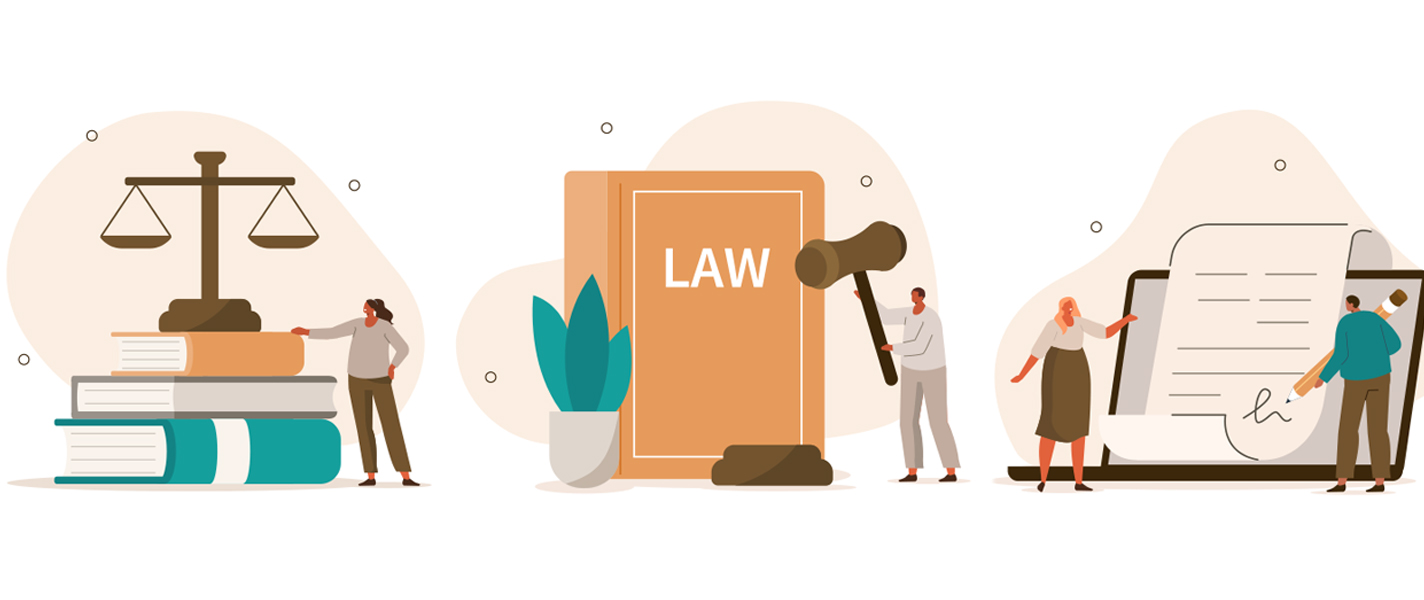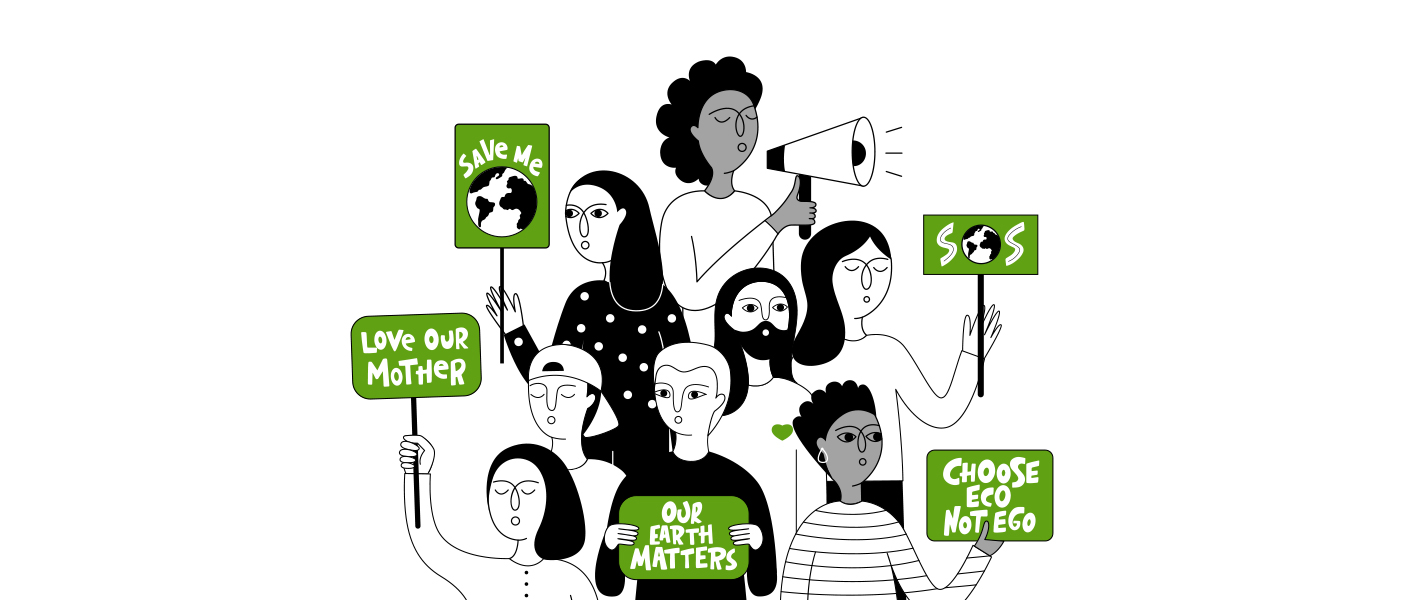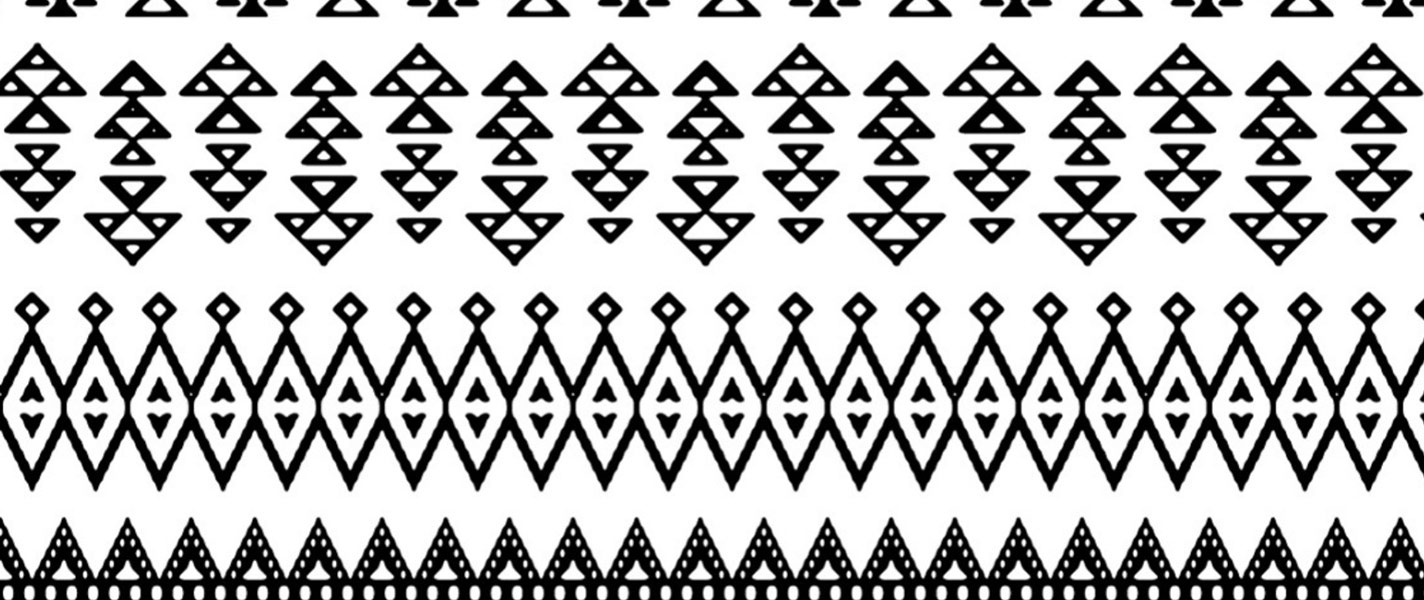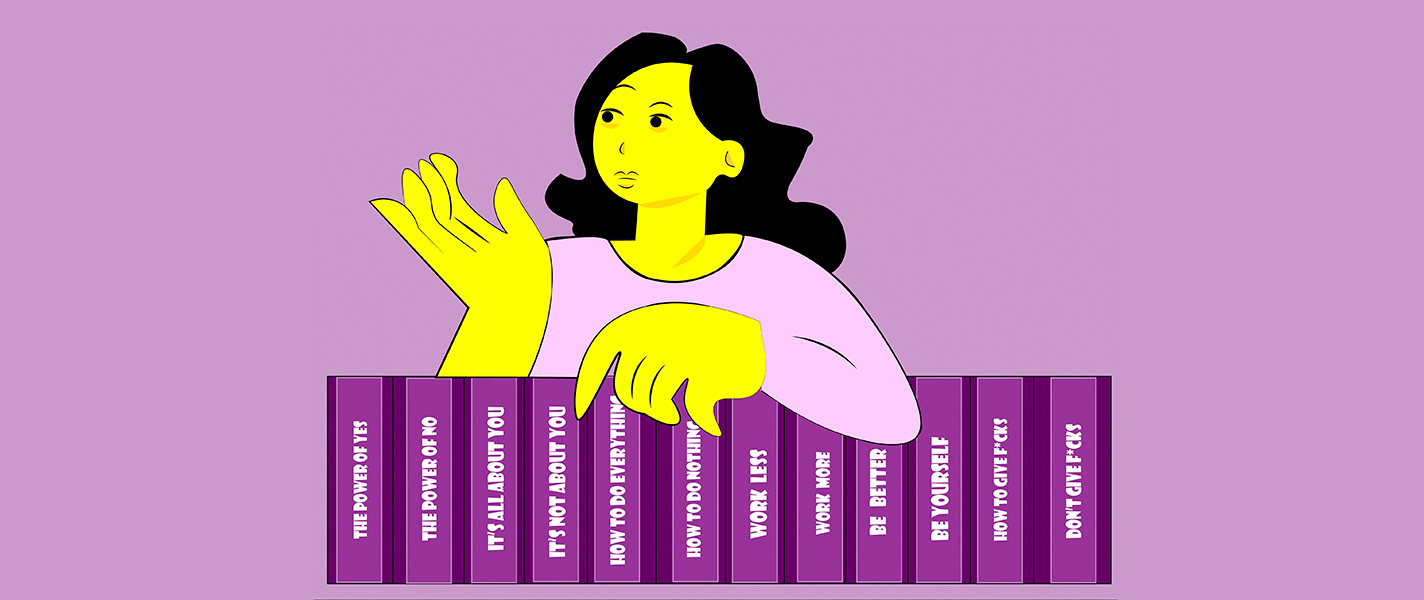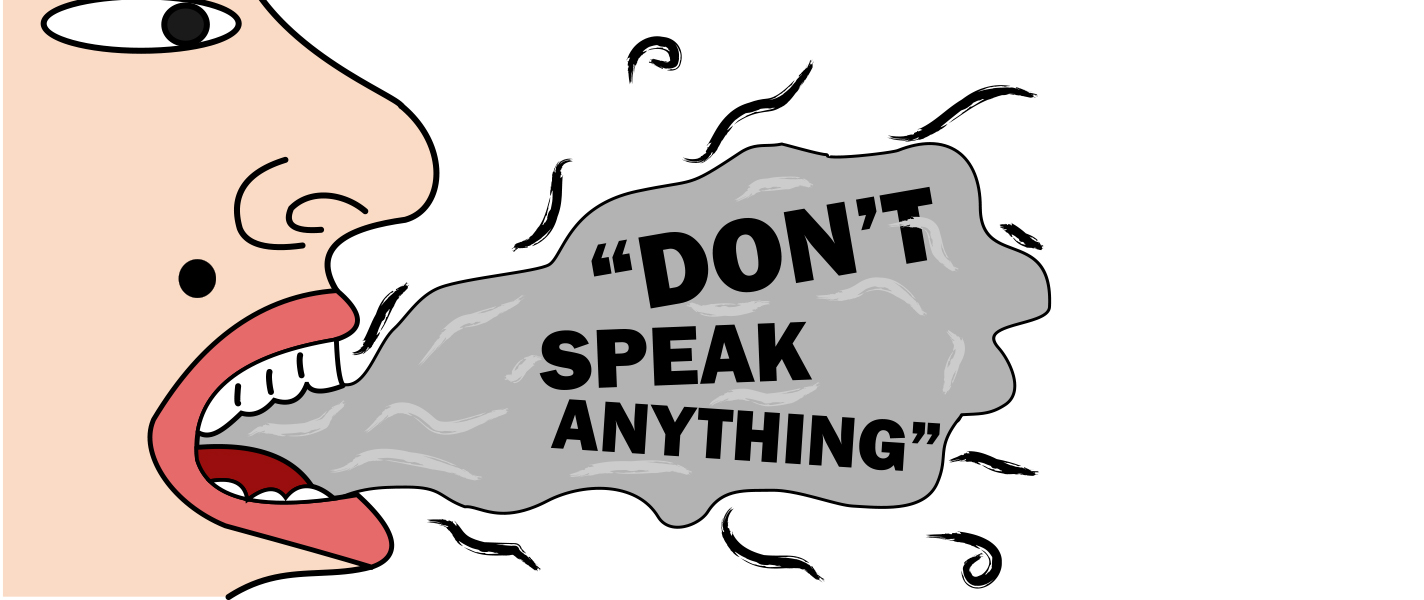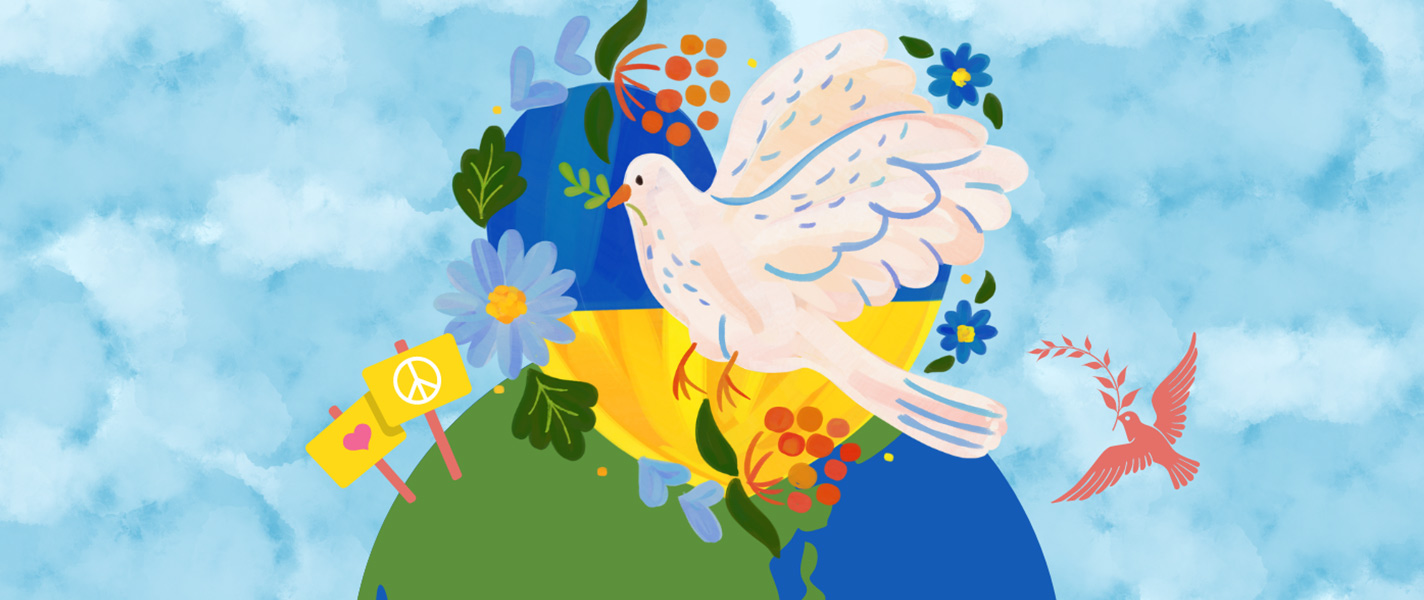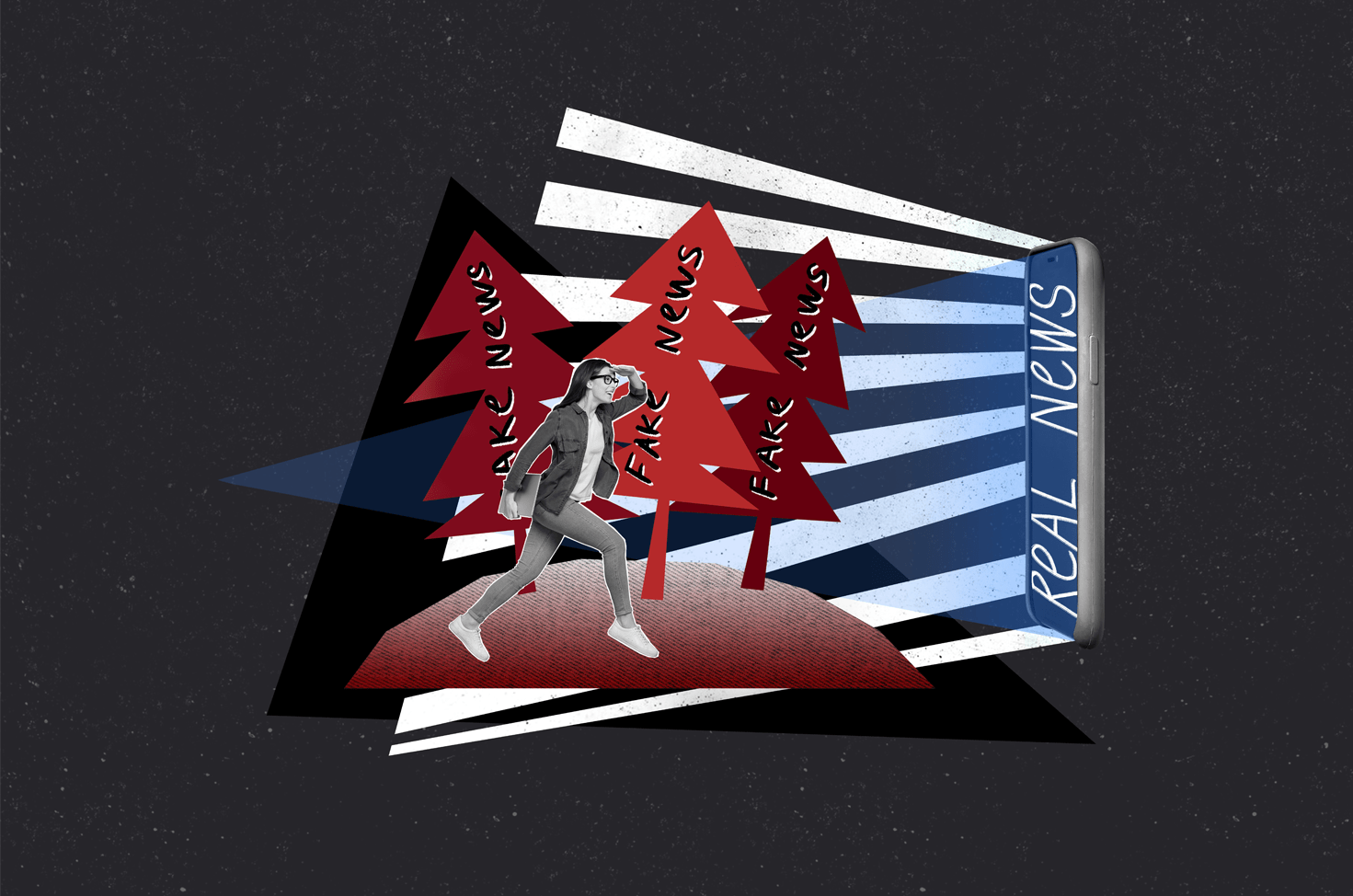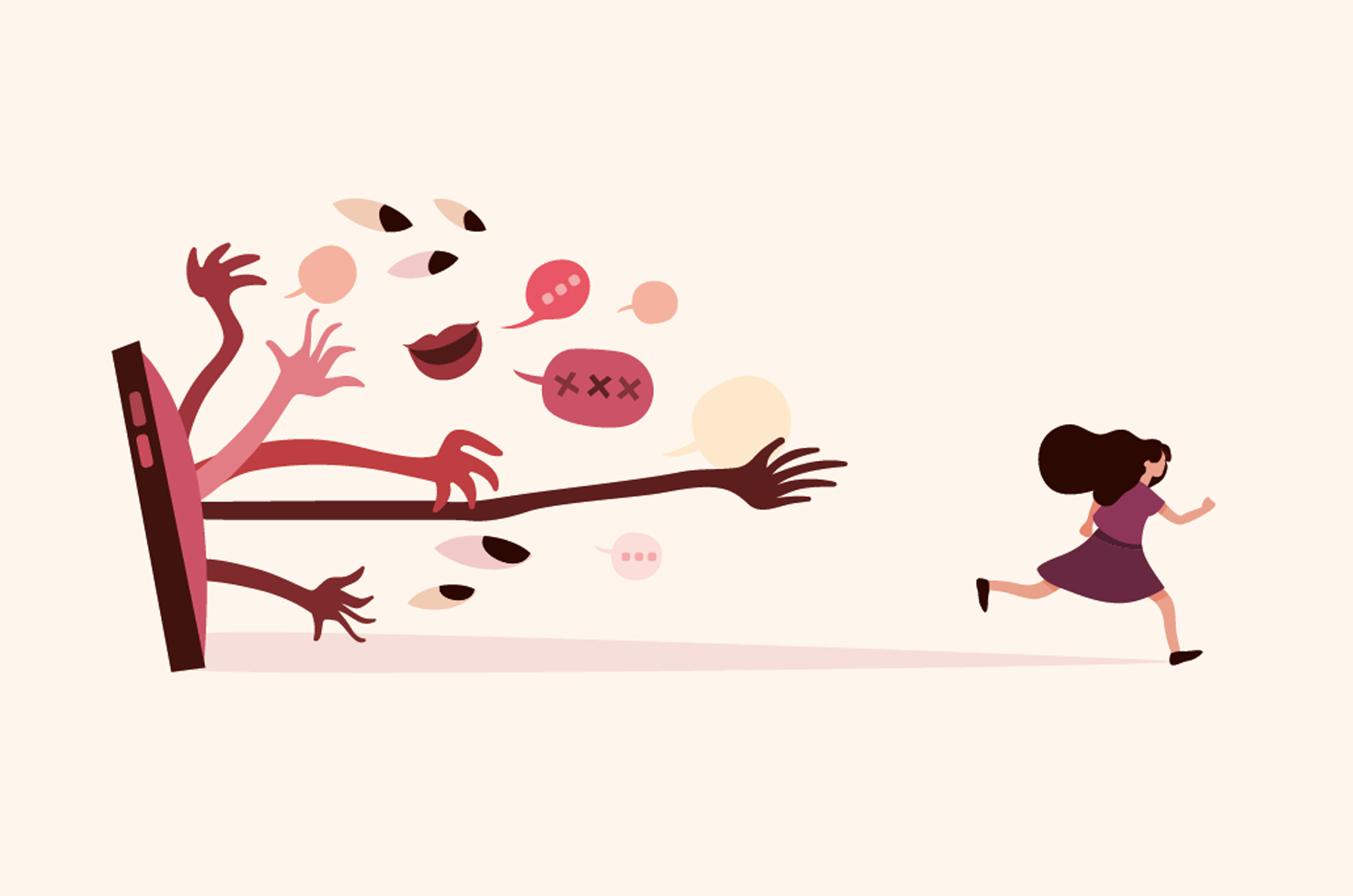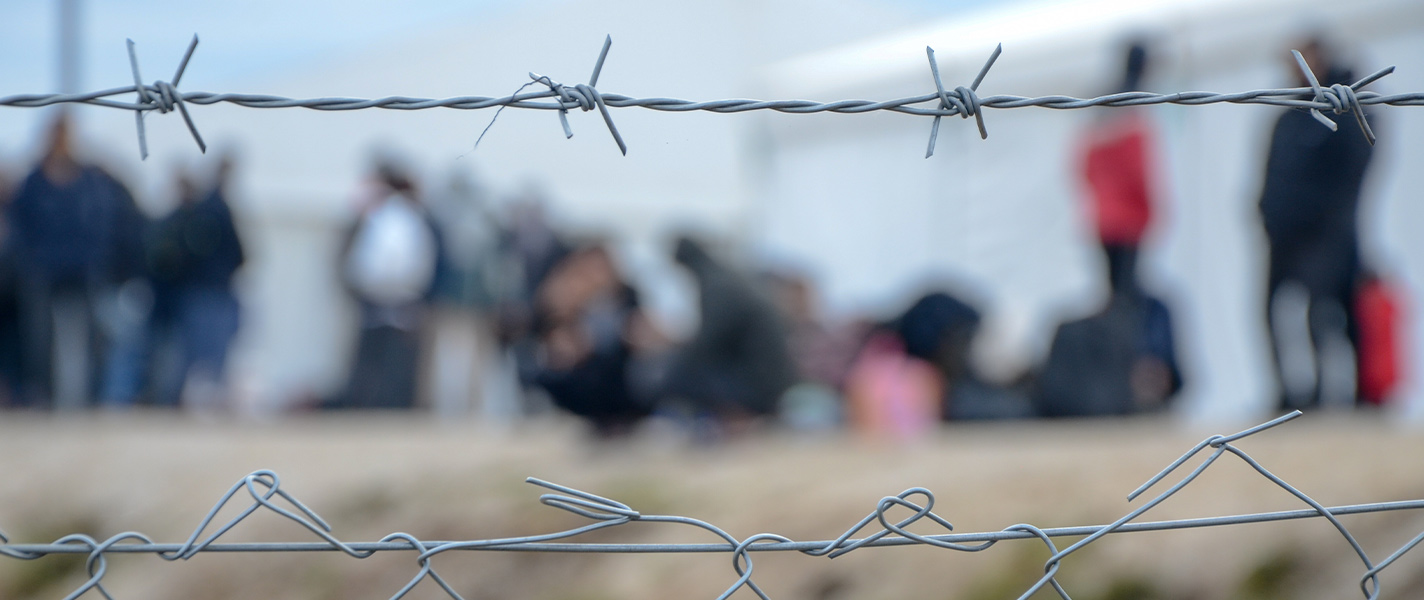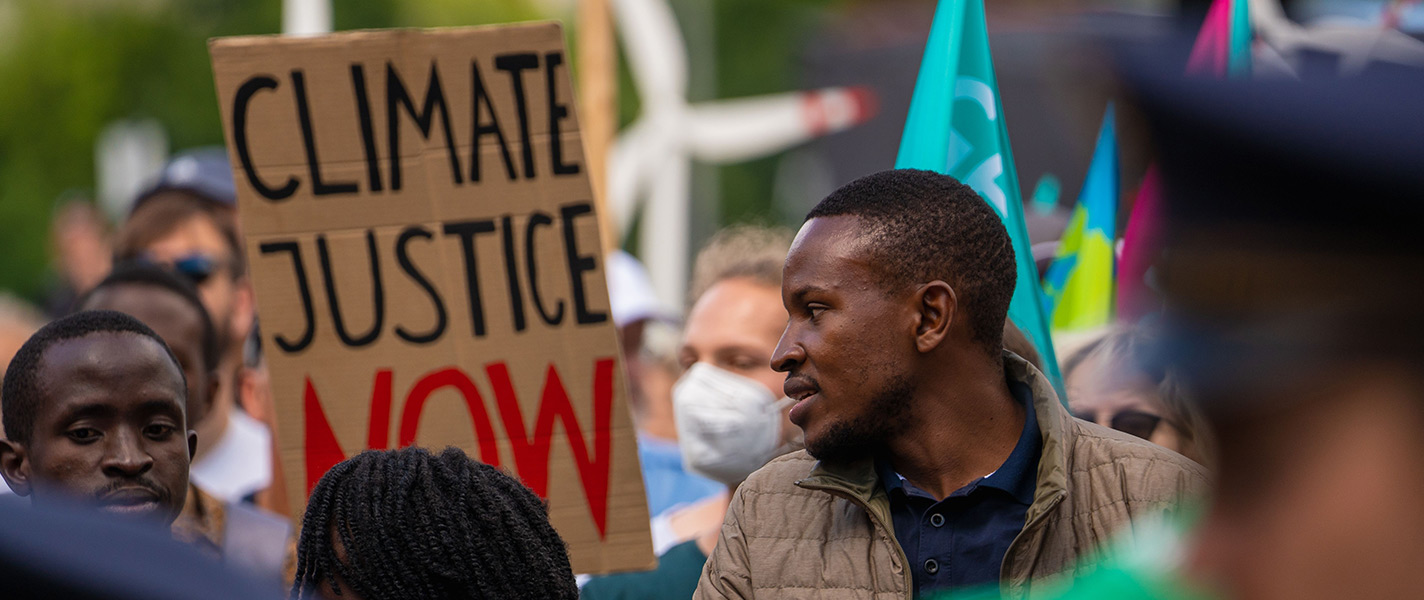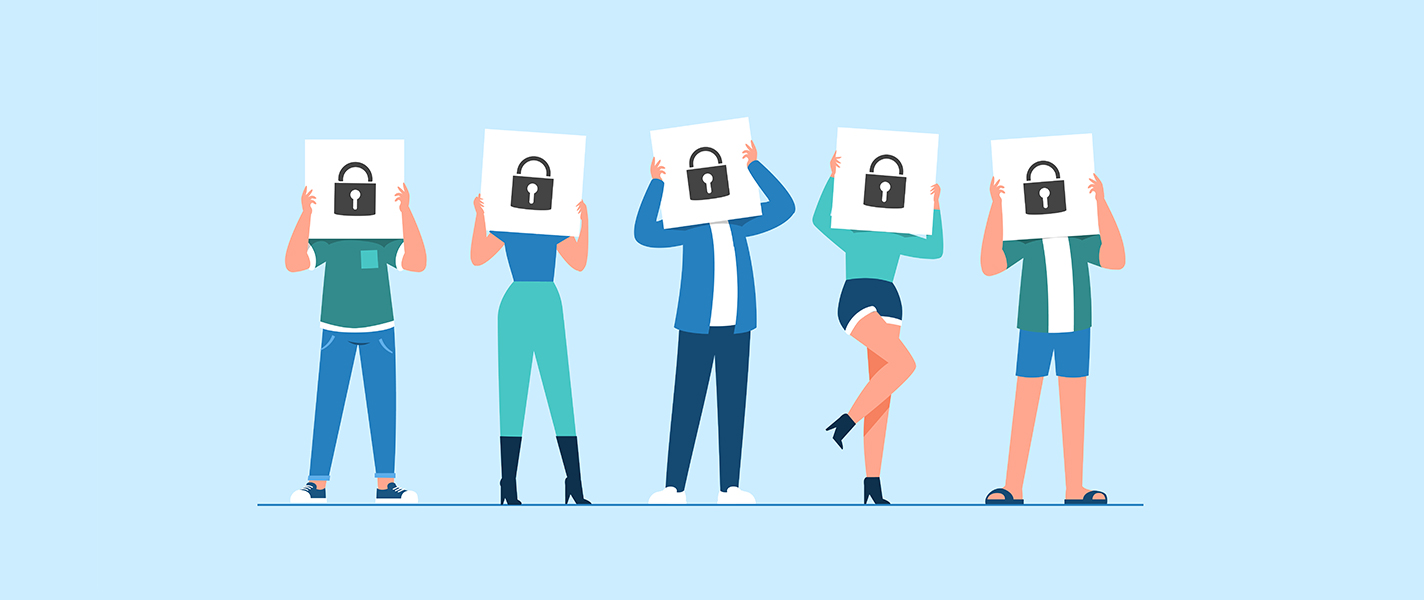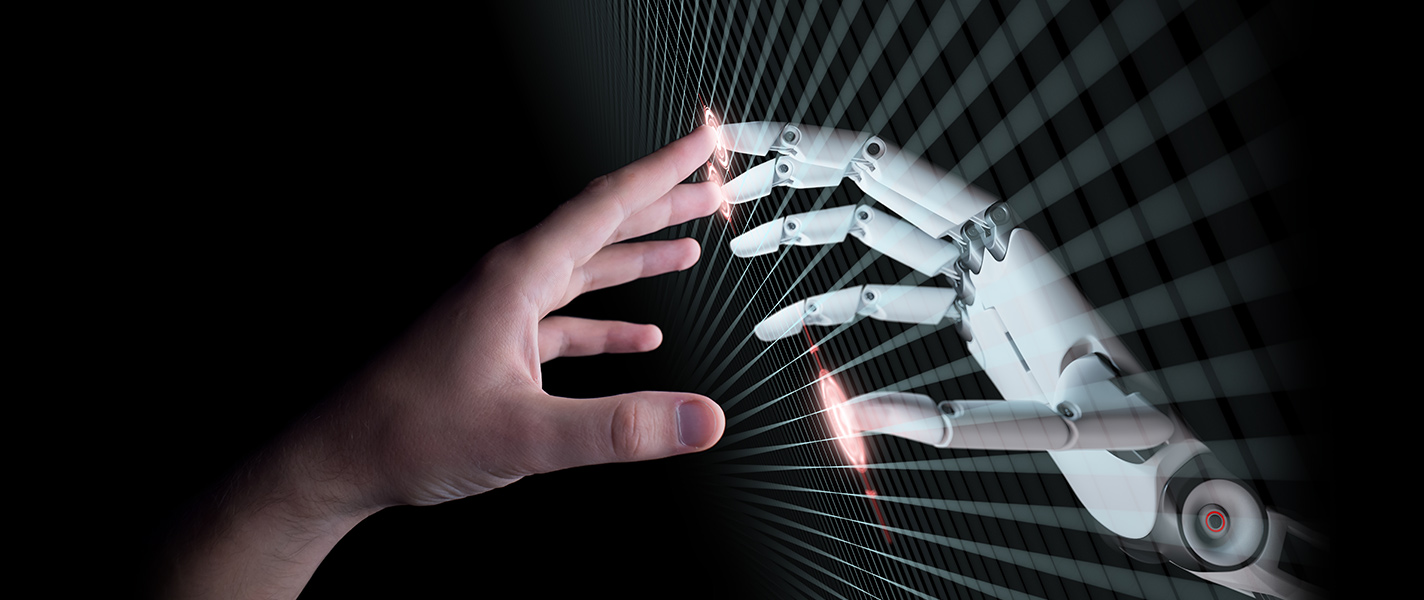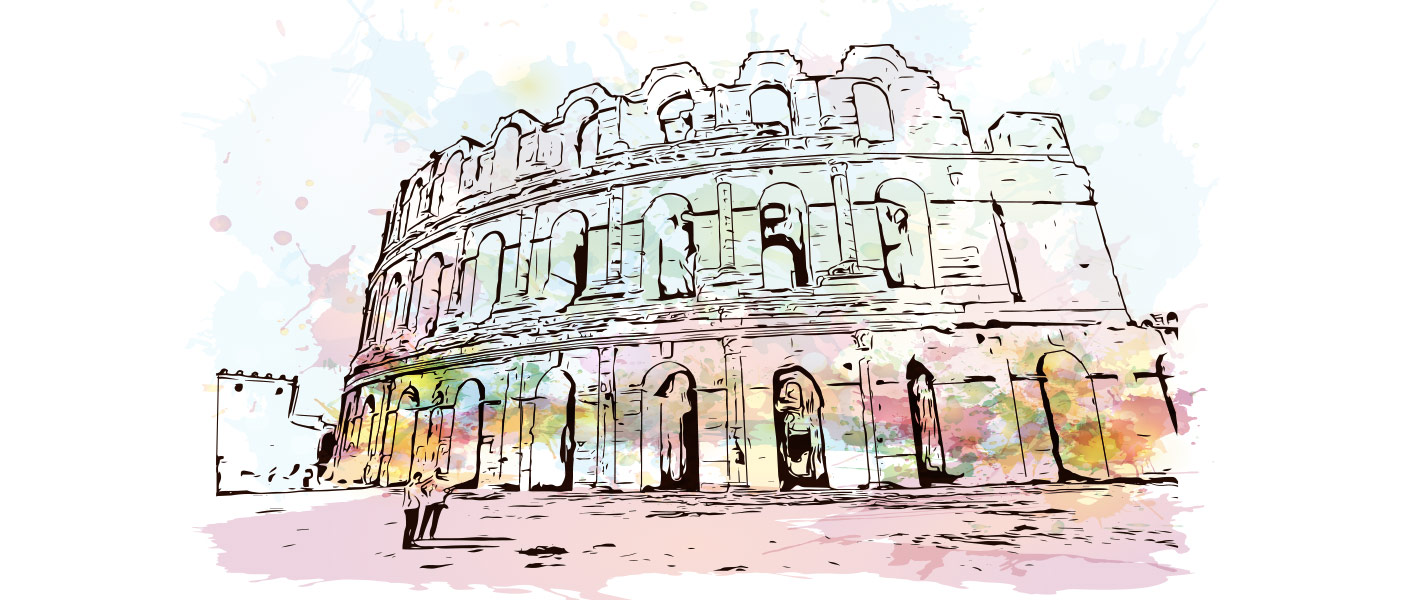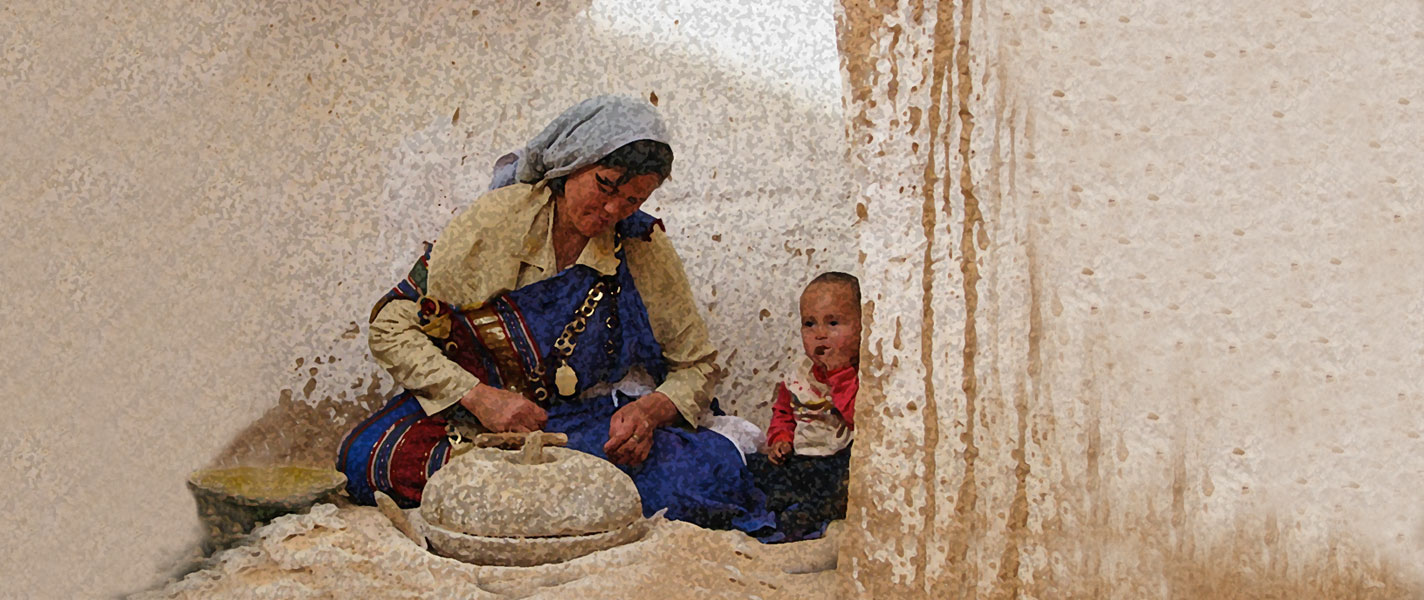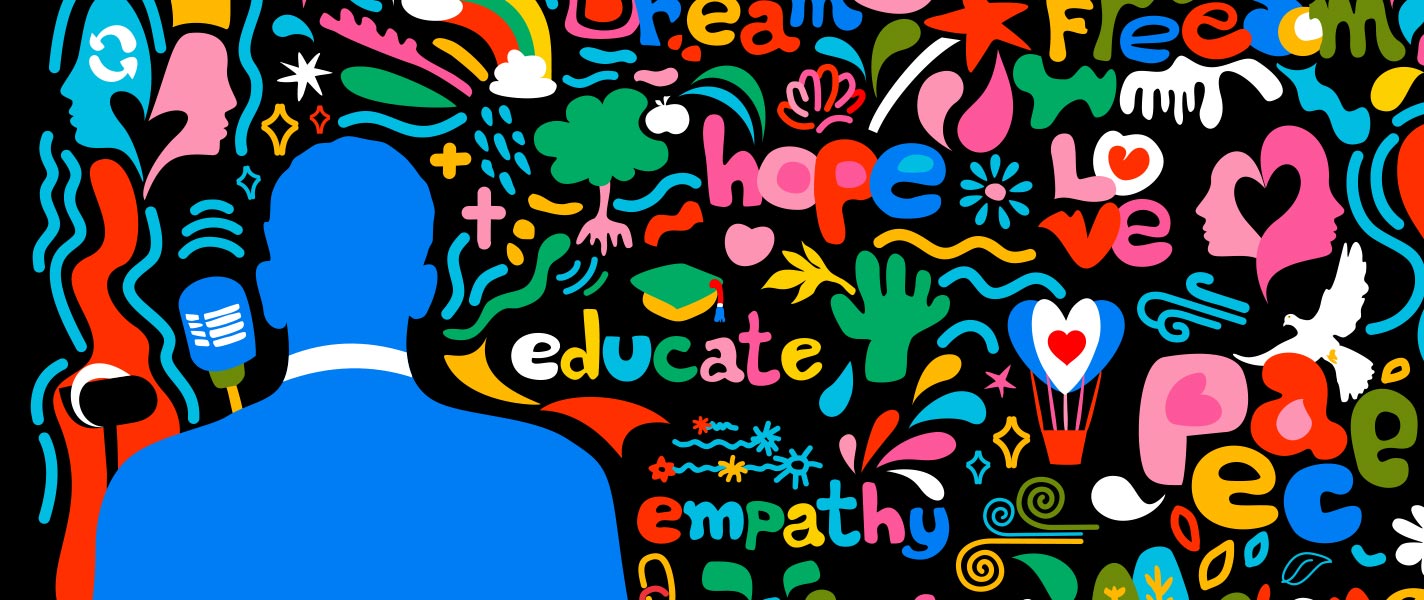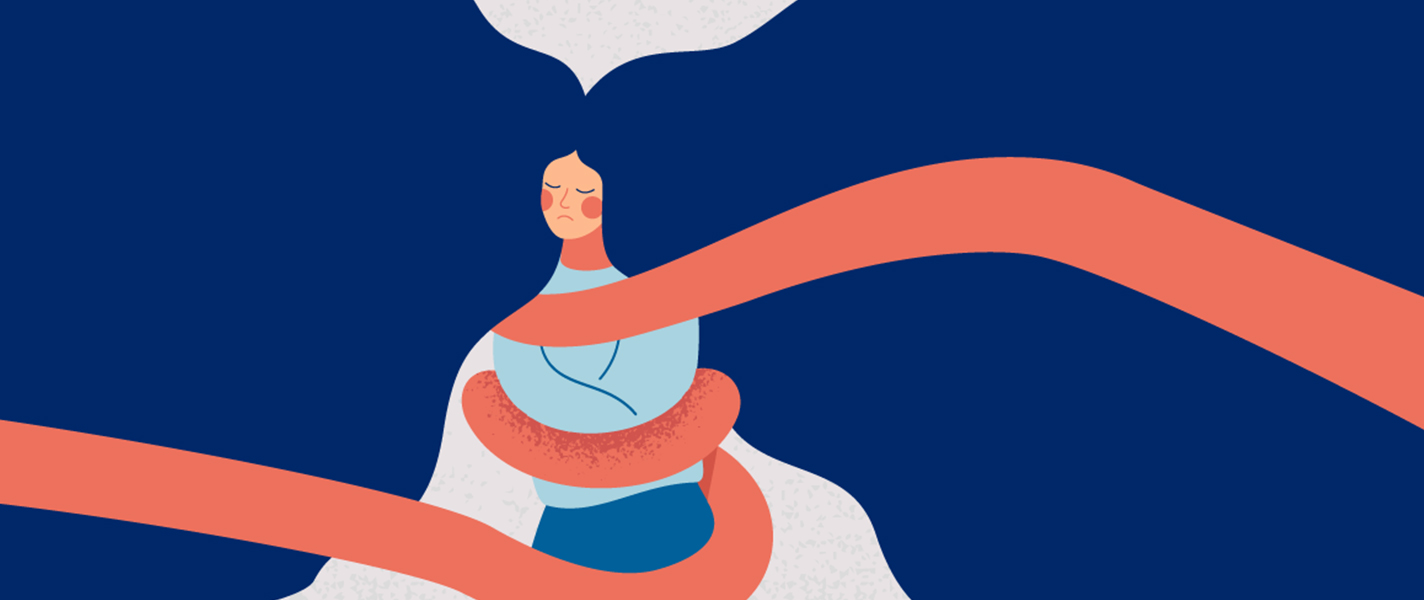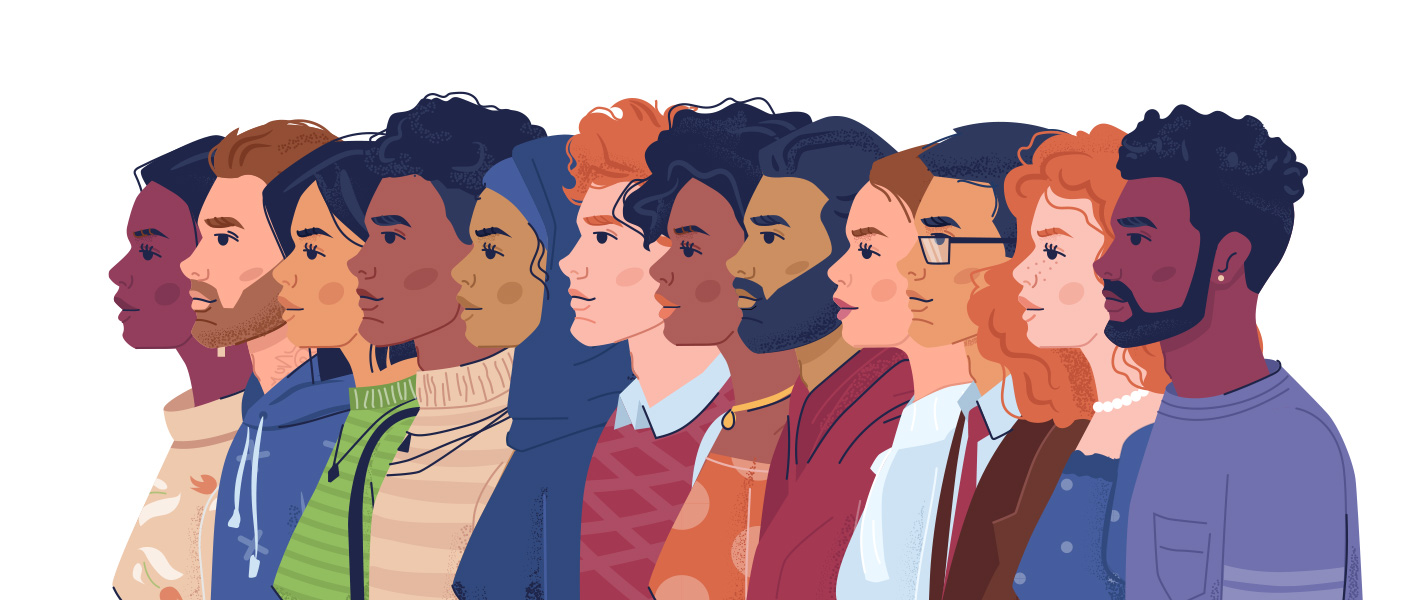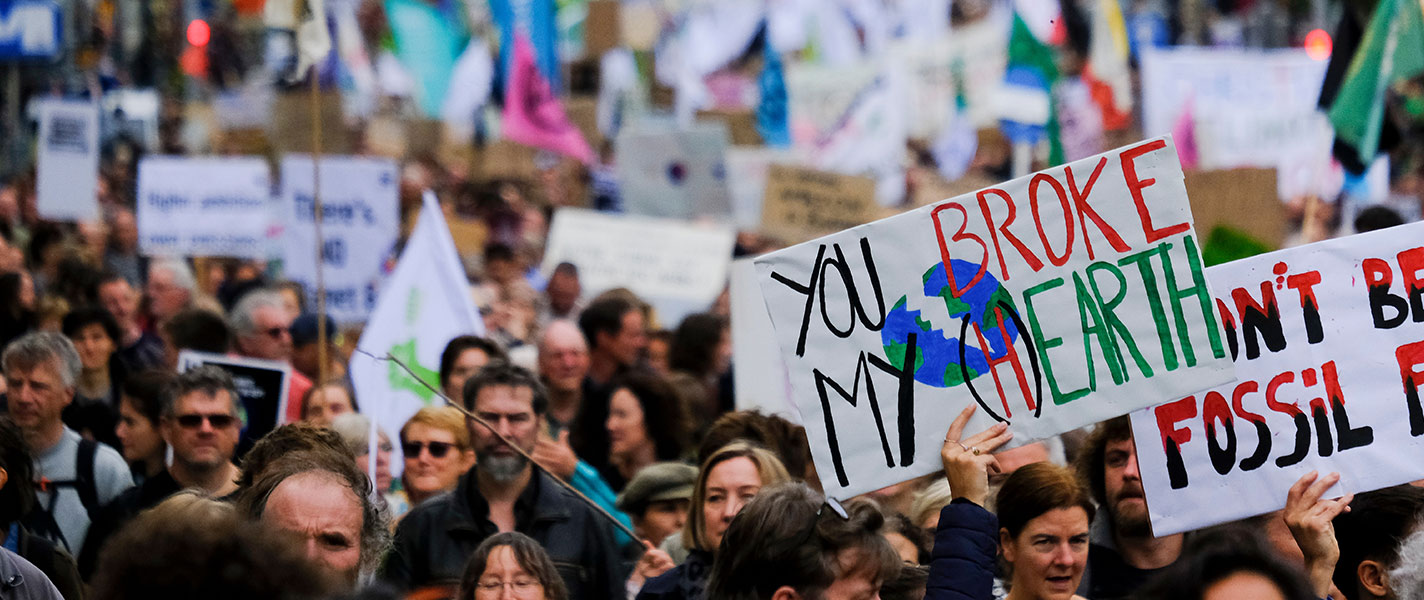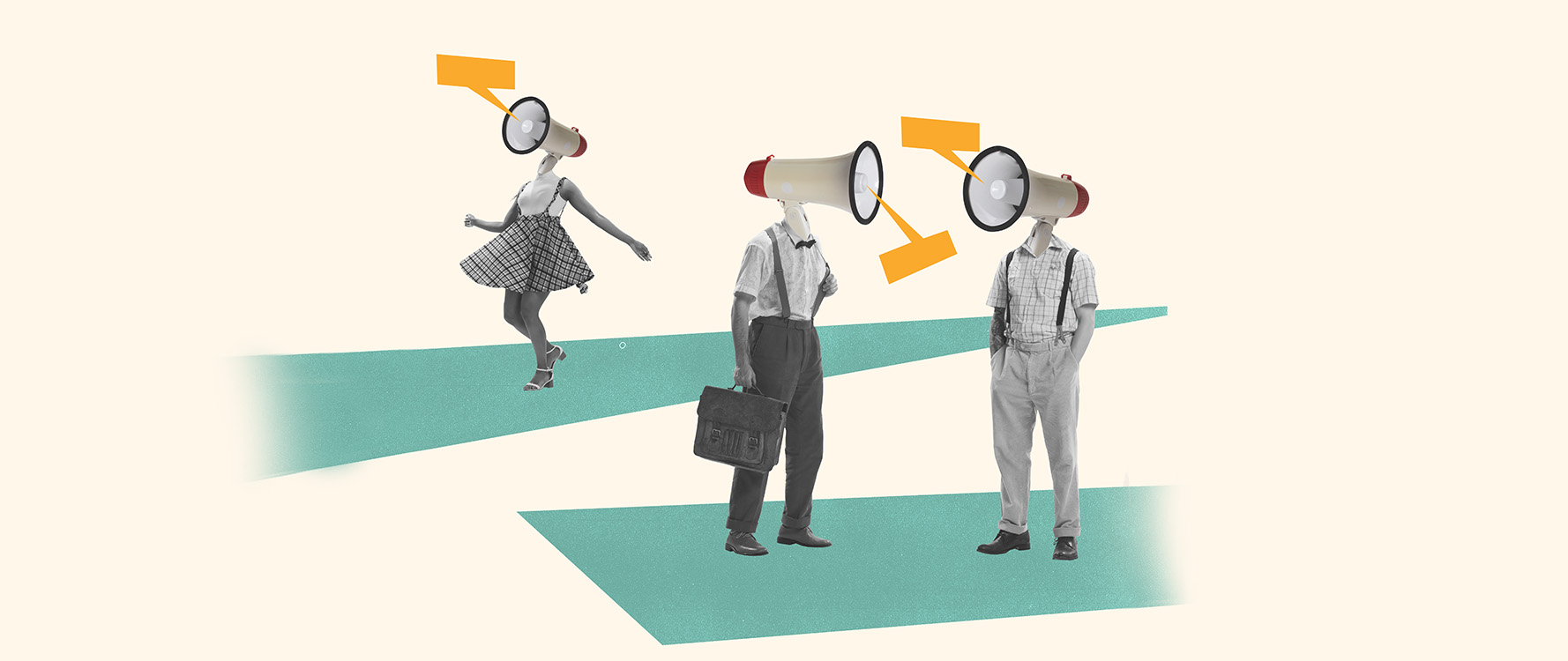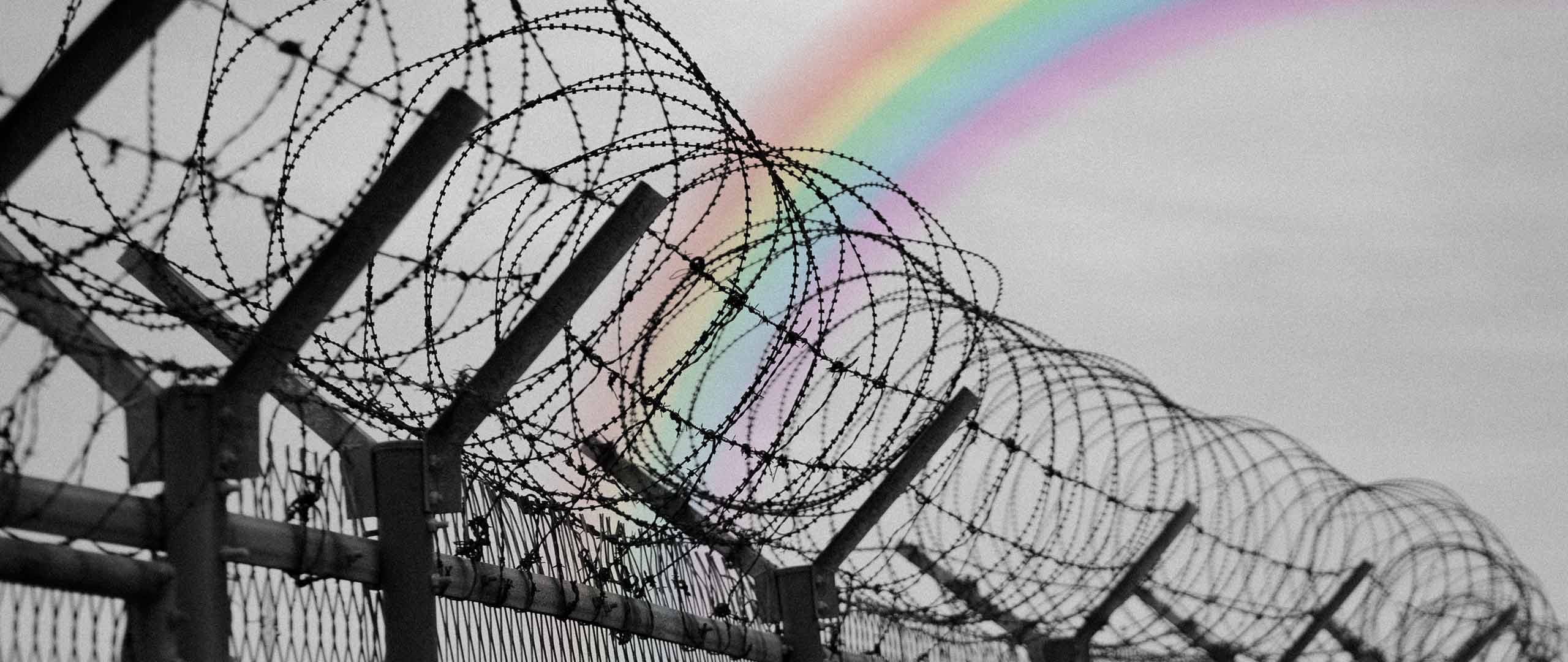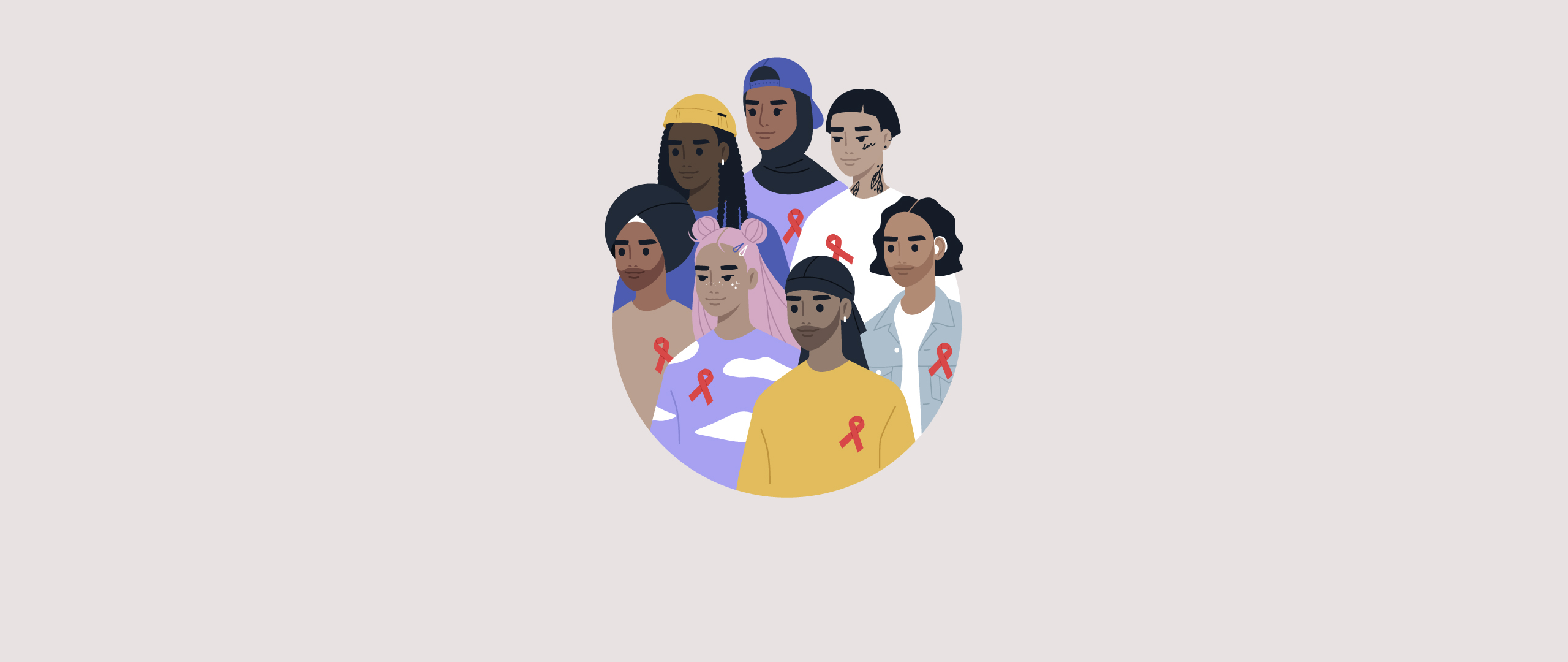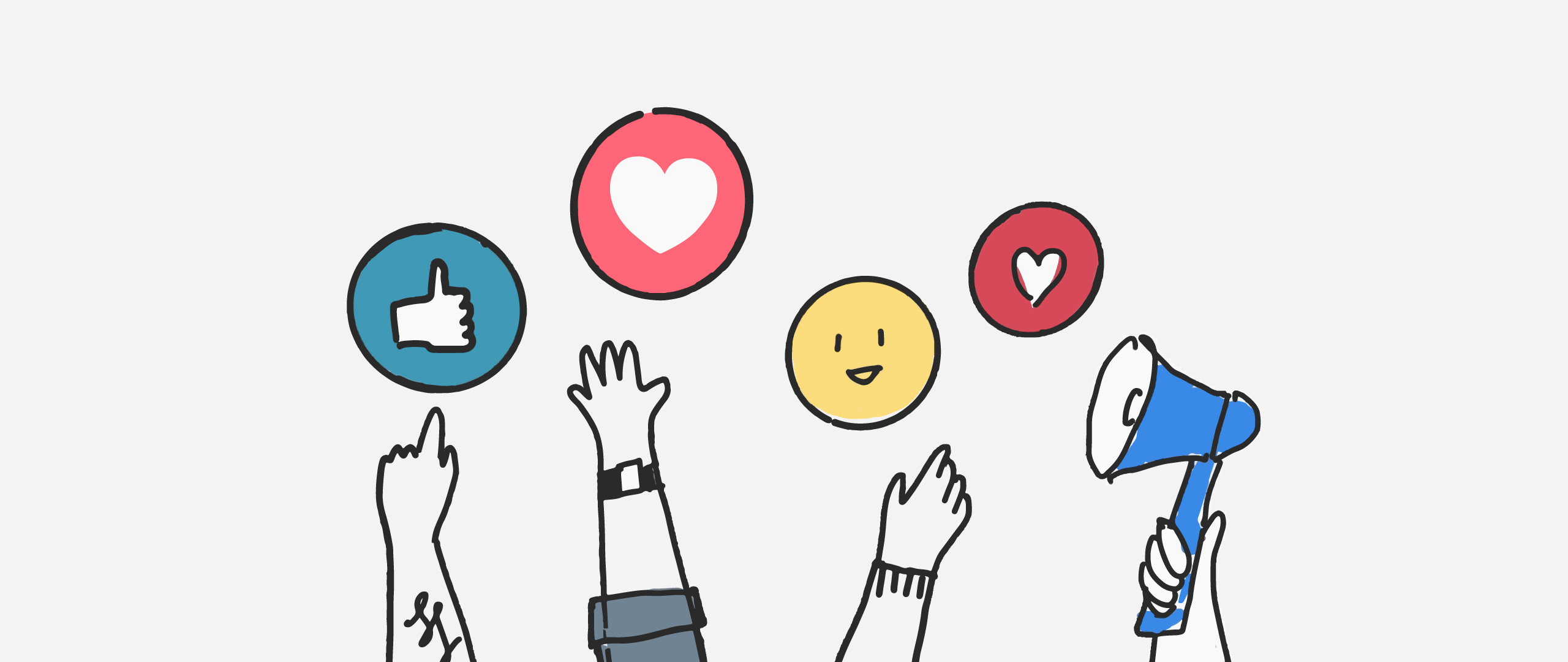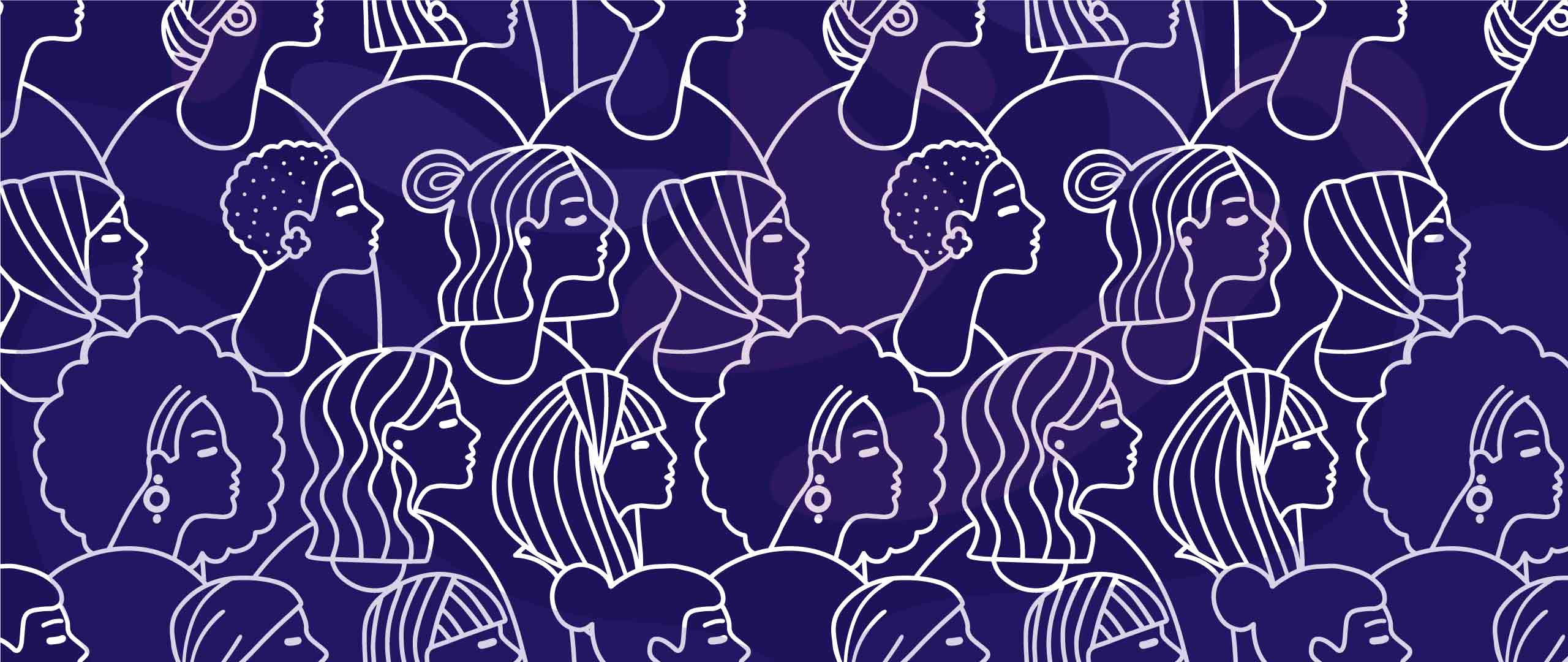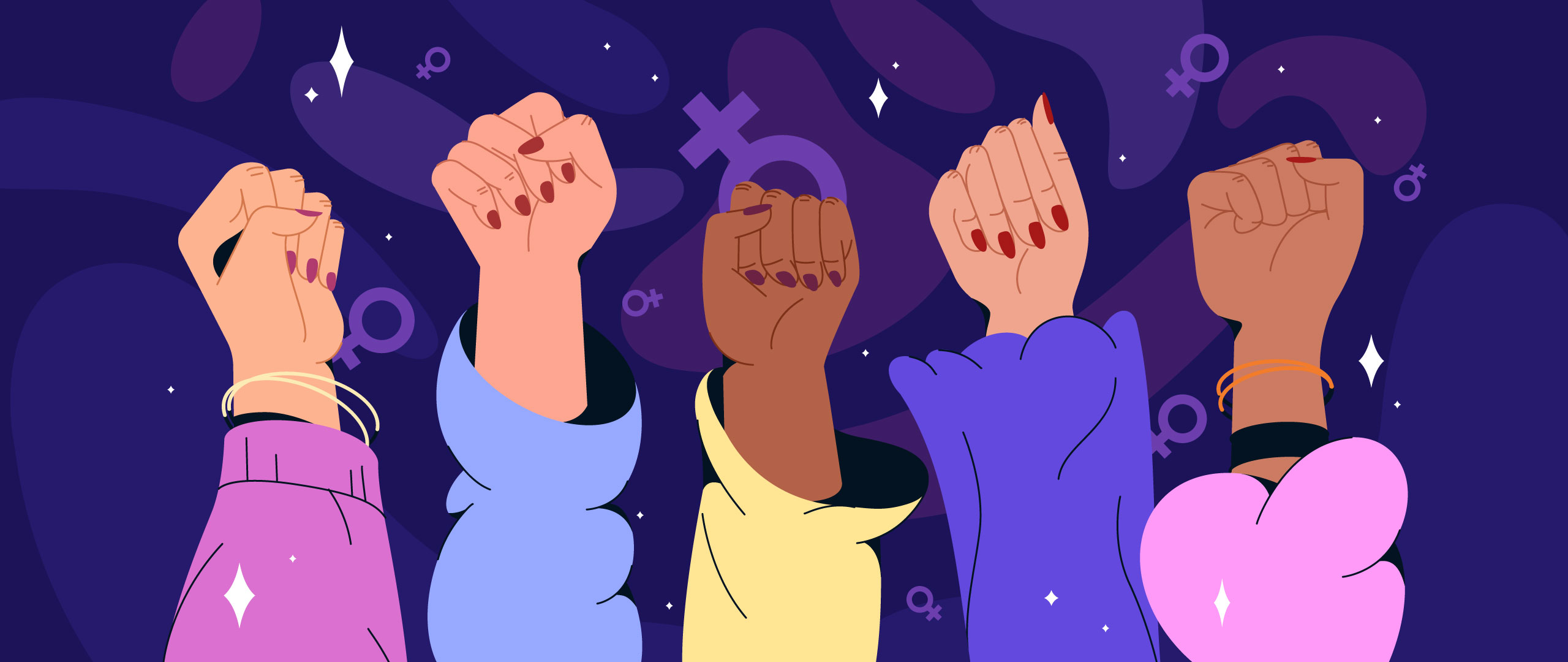Male Depression is Real
Even though mental health issues are extremely common; the stigma associated with deeply rooted gender roles makes it difficult to talk about them.
All around the world, activists call for gender equality, heralding the values of feminism. But here is the catch. Sometimes, the macho image that activists often portray of men as invulnerable human beings can lead to the toxicity that surrounds them and the overall stigma around mental health issues. As November is Men’s Health Awareness Month, I chose to raise awareness about men’s mental health issues.
No one can deny that in the past few years, we have witnessed a shift in this perspective and an increased awareness regarding mental health in general. Aiming to normalize the stigma around the subject, supporters of the cause are developing apps, founding nonprofit organizations and grassroots movements, as well as using social media to speak up. However, men are statistically still more likely to commit suicide because of severe anxiety and depression than women. The reason behind this is that men tend to be more reluctant to seek help or treatment for their mental health struggles.
The Stigma Around Mental Health and the Importance of Shifting Perspectives
This reluctance is reinforced by the vague concept of masculinity and how some definitions of masculinity severely interfere with males seeking help for mental health struggles. Seeking help means that men need to express their emotions and be utterly transparent about how they feel. It also inclines that they have to first admit that there is a problem and that relying on others might be the solution. But, all of these raw and vulnerable behaviors can conflict with societal messages about masculinity. As a matter of fact, in the Middle East and North Africa, men who seek psychological help or therapy are socially condemned as weak since “men are self-reliant and tough” and “men do not cry”.
Many men living in the MENA are battling with depression, stress, and severe anxiety, struggling to find the right and healthy coping mechanisms, as typically Middle Eastern households solely perceive it as merely a “phase” that will eventually pass. Nonetheless, over and over again we have witnessed countless scenarios and evidence in which bottling up these feelings or even denying them can aggravate the situation. Studies have shown that men who have untreated clinical depression may exhibit more anger, frustration, and violent behavior than women. Needless to say, that untreated depression carries a high risk of suicide. According to the World Health Organization’s Global Health Observatory Data Report, the mortality rate among males is 6% per 100 000 male population in the MENA.
In light of this and with the latest technological advancements, the mental health field in the MENA provides many treatment options that fit the needs of men such as online mental health treatment. Seeking professional assistance from professional counselors or psychiatrists online can be a solution to the aforementioned barriers that men encounter. Online mental health treatment provides men with anonymity, security and ownership over one’s feelings. This form of self-directed help does not interfere with someone’s sense of masculinity. Of the multiple mental health treatment options available in the MENA region is Ayadi. The latter is a confidential and judgment-free online therapy platform specifically designed for Middle Eastern patients.
In conclusion, given the societal pressure, cultural norms and beliefs surrounding men seeking help over mental health concerns, it is crucially important to adopt necessary promotion and prevention strategies and health policies. In this context, on the national level, the needs of people with mental health must be met as well as protecting and promoting the mental well-being of all.
The article represents the views of its writer and not that of LEED Initiative.
